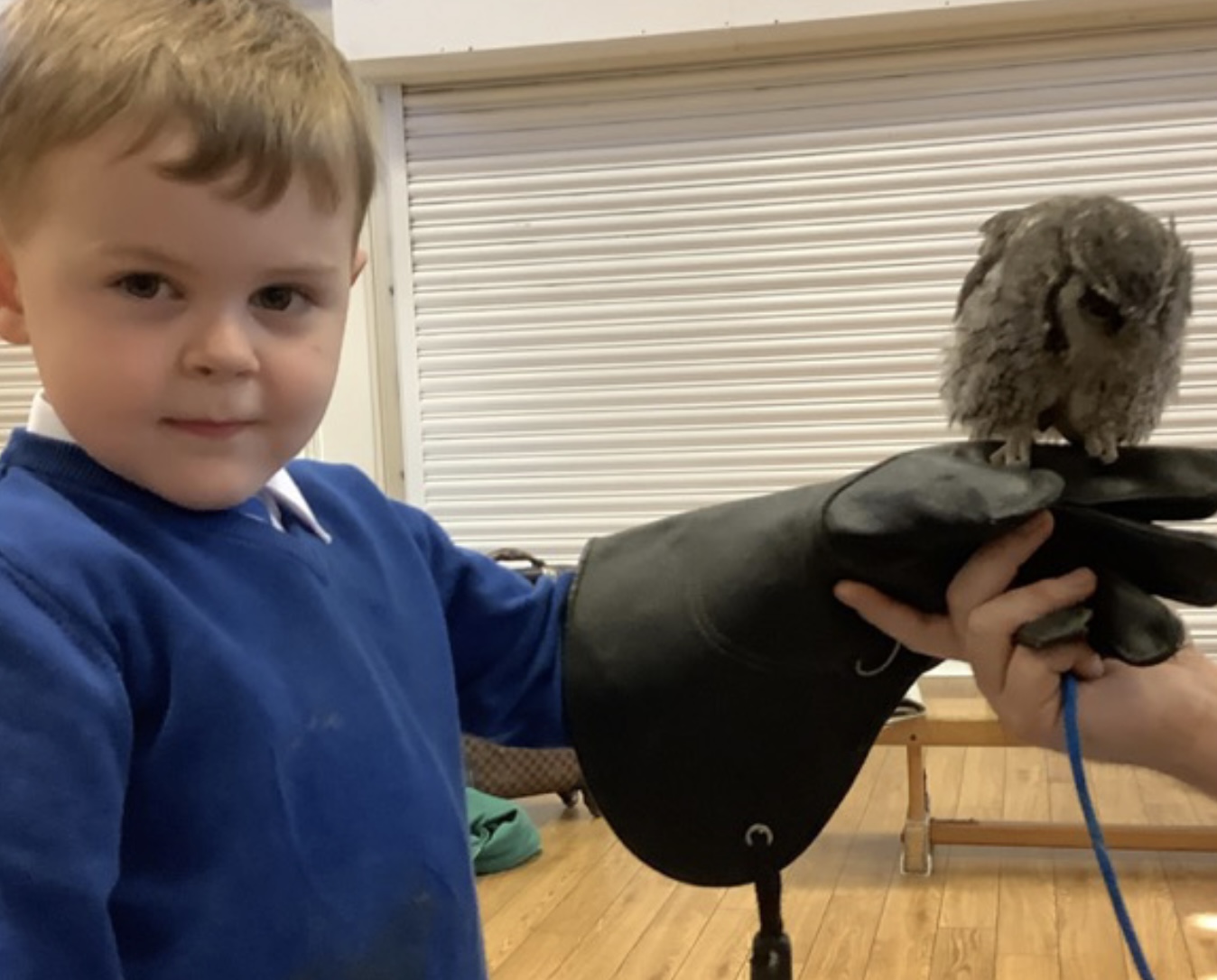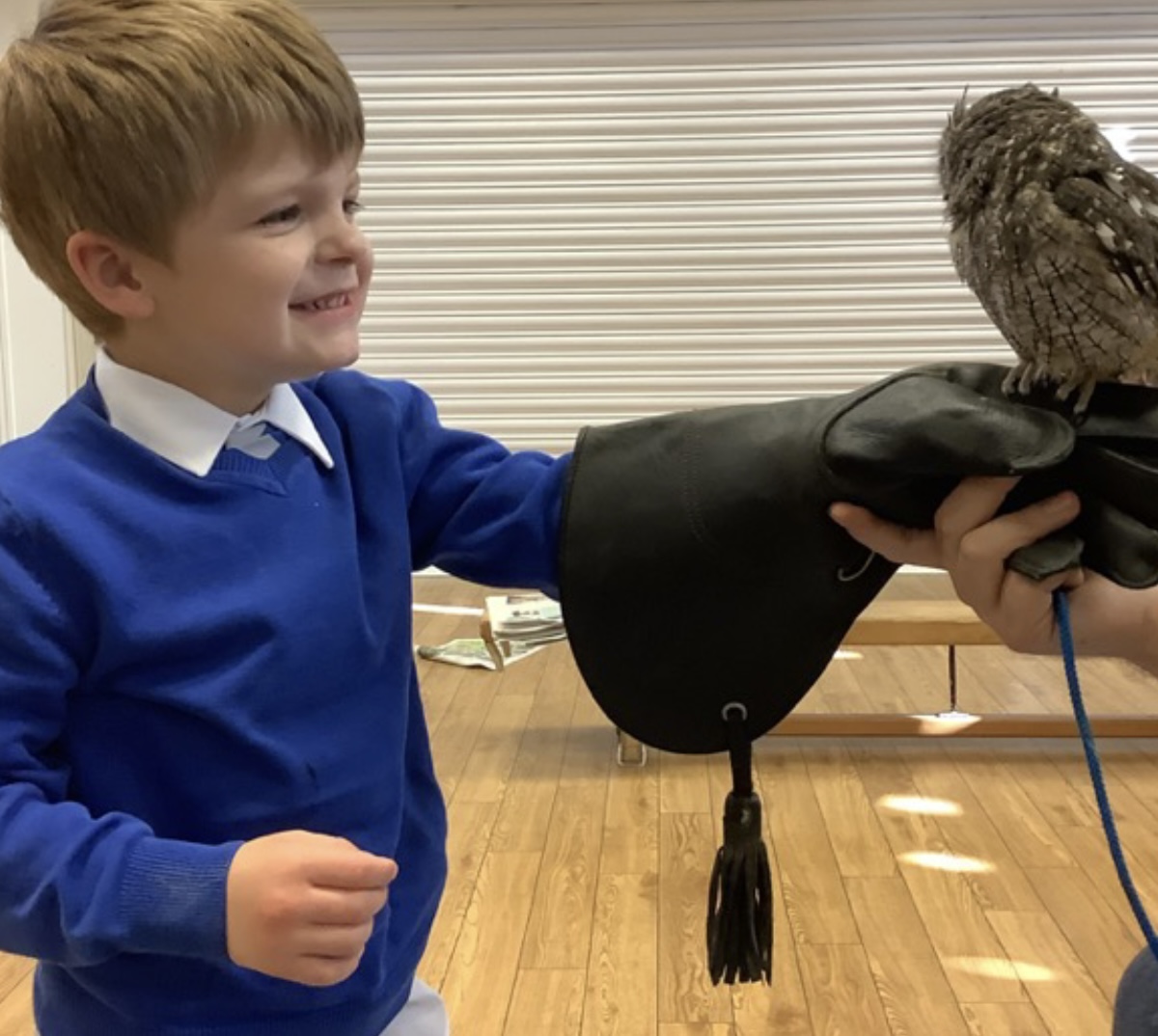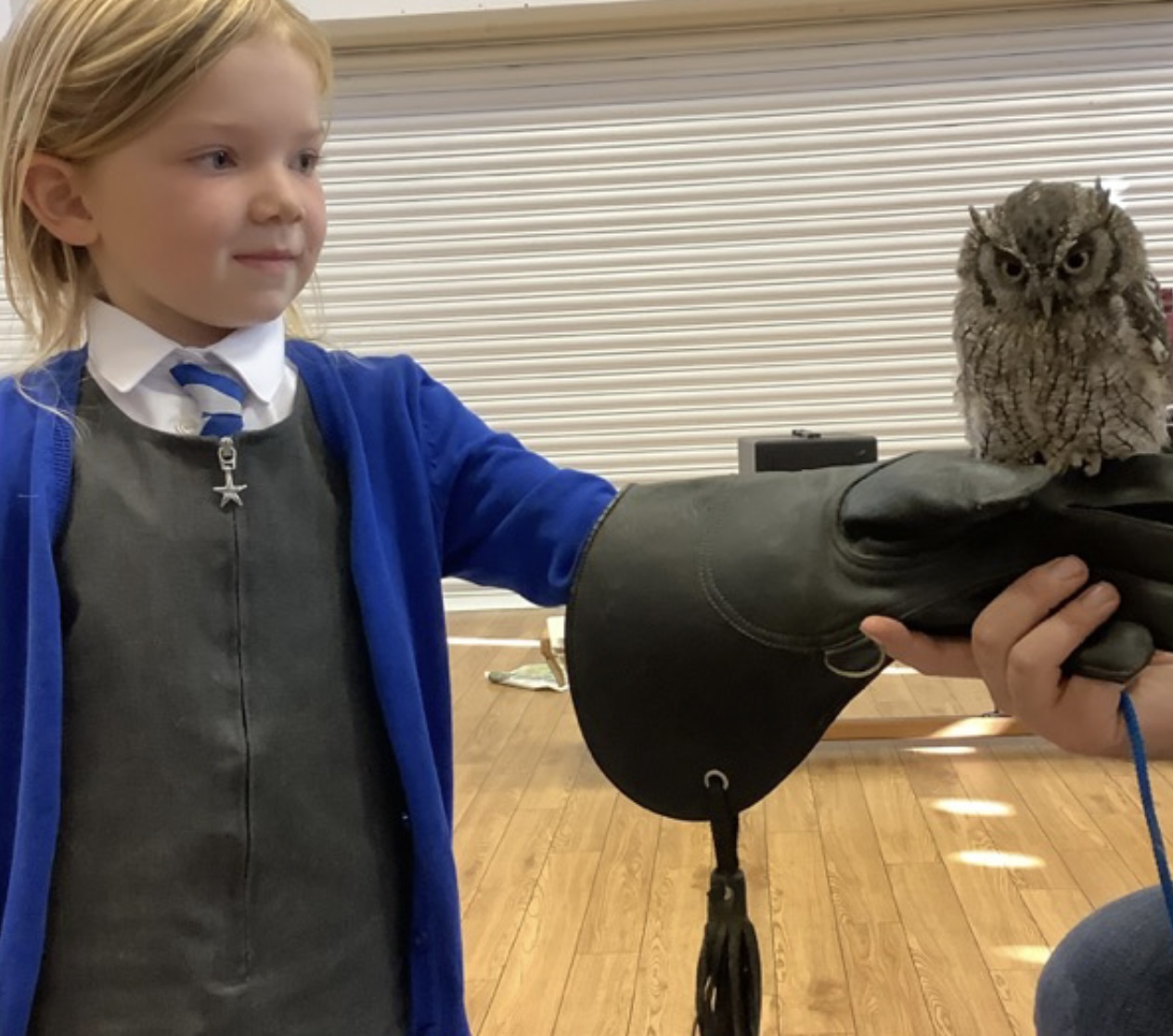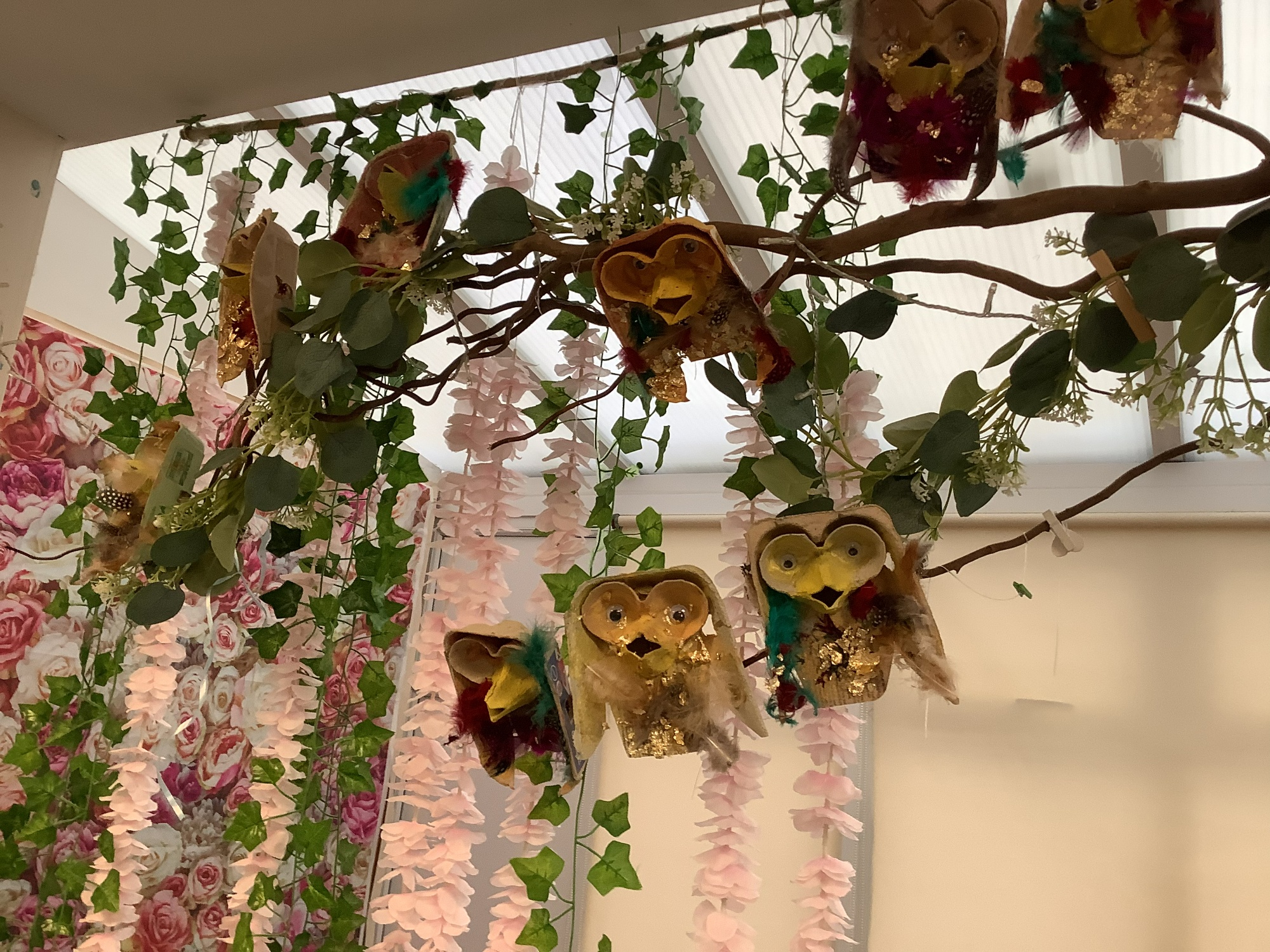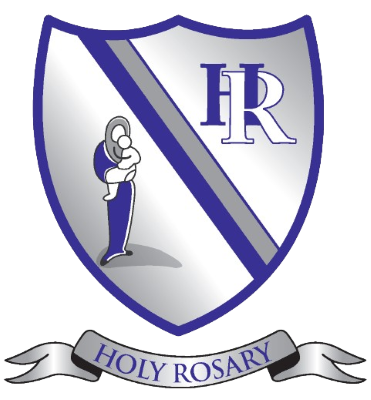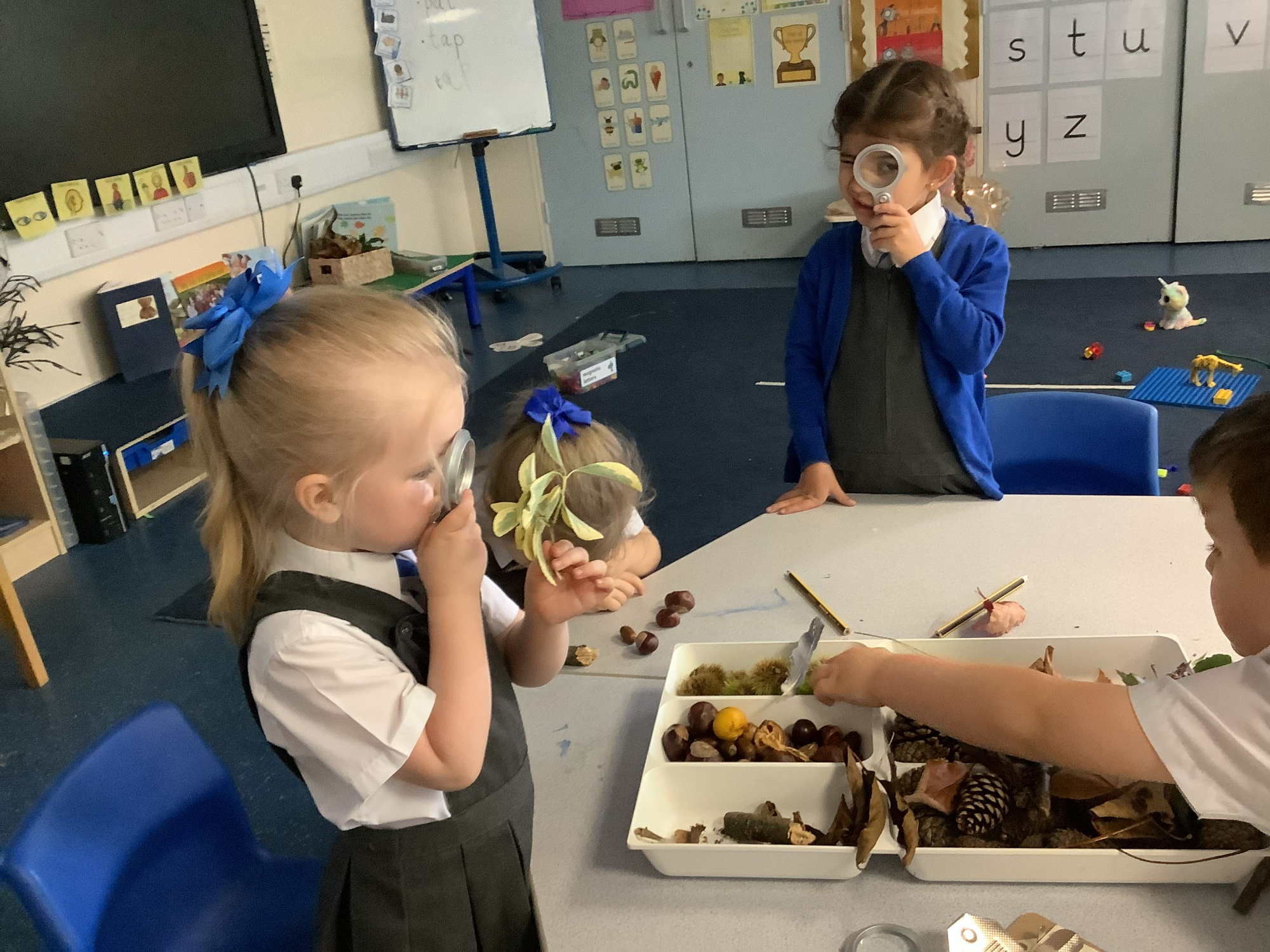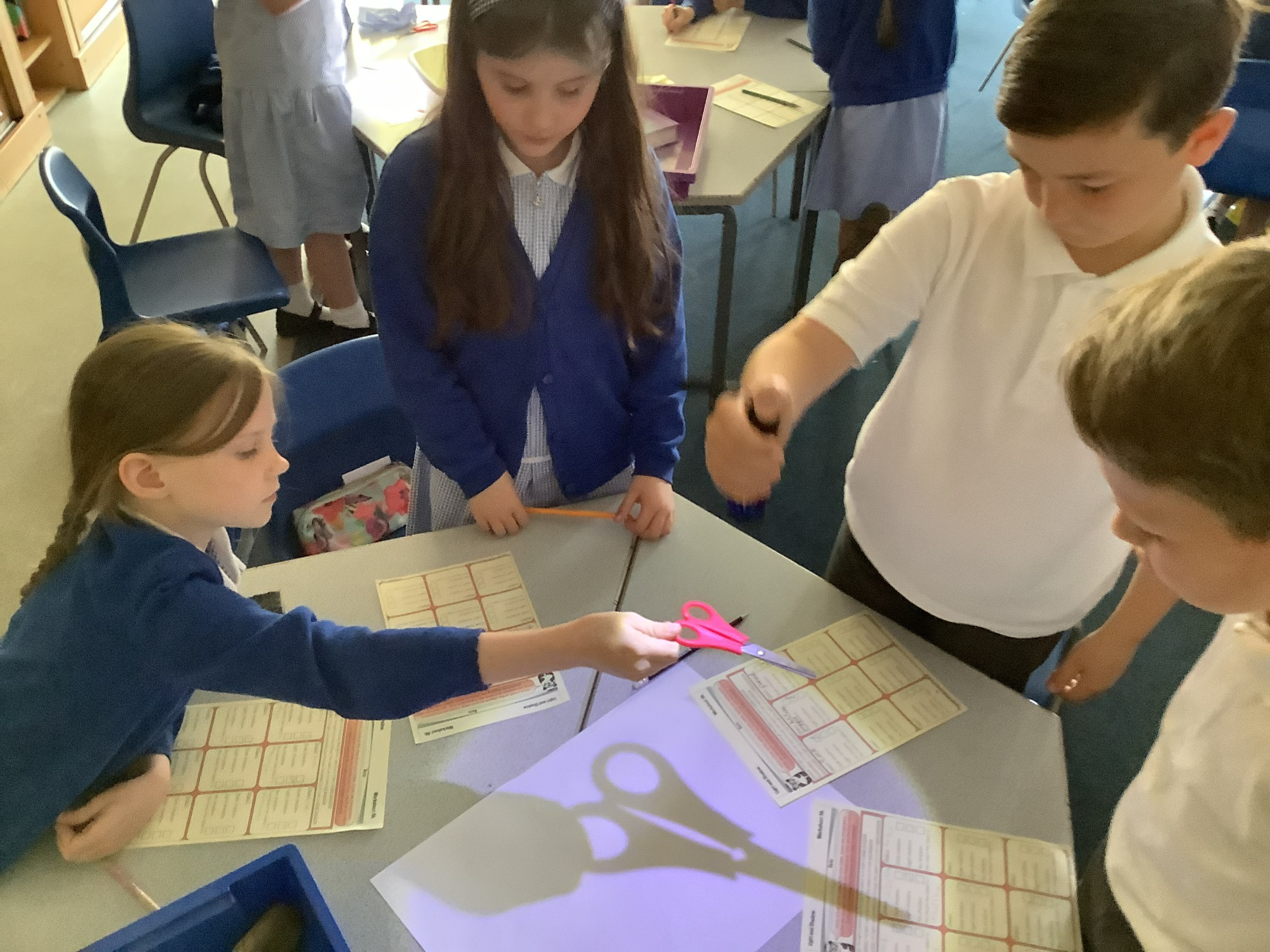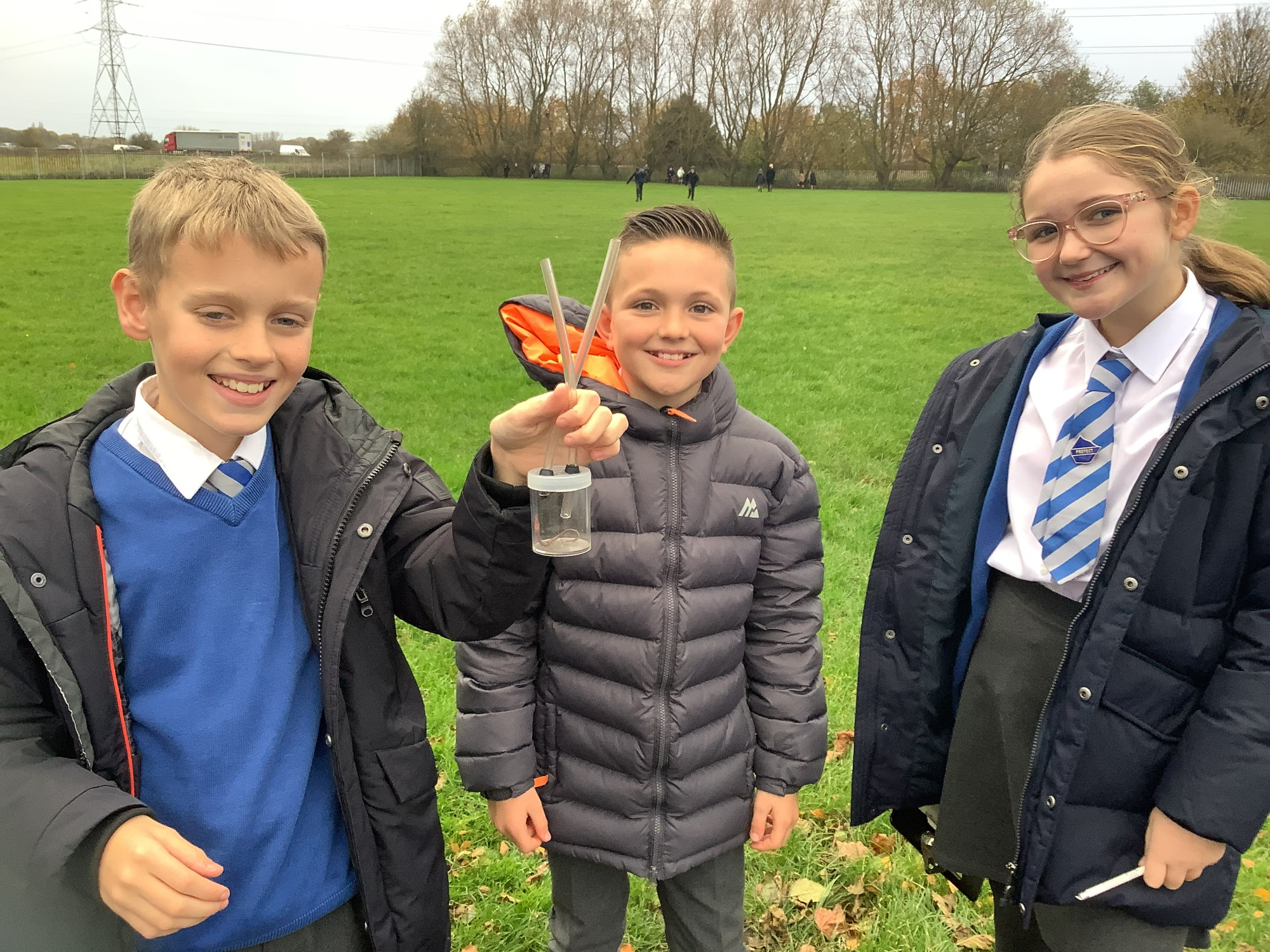Science
Our Curriculum
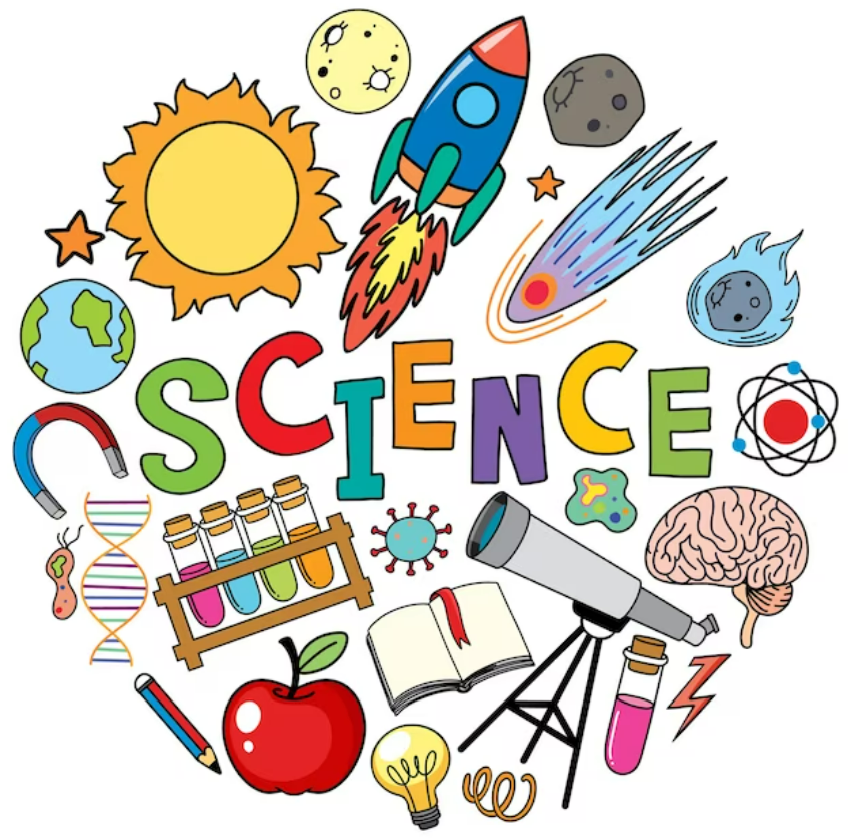
“The important thing is to never stop questioning.”
-Marie Curie
Intent
At Holy Rosary Catholic Primary School, it is our intention to provide a science curriculum which ensures children develop ideas and ways of working that enables them to make sense of the world in which they live while acquiring skills and knowledge to help them think scientifically and become enquiry-based learners. Using Metacognitive approaches, our science curriculum aims to allow children to build on their fundamental scientific knowledge, vocabulary and skills that can be added to and developed each year so that they learn more and remember more. All children are encouraged to develop and use a range of skills including observations, asking questions and evaluating, as well as being encouraged to become independent learners in exploring possible answers for their scientific based questions. Through our science curriculum, we want to develop awareness of how science influences and affects our everyday lives in the hope that the children of Holy Rosary will develop a deep and lasting interest and may be motivated to study science further. At Holy Rosary, we have ensured that the science education we provide is broad, balanced and ambitious for all children.
Implementation
- A clear and comprehensive scheme of work which is in line with the National Curriculum and meets the needs of all pupils. Teaching and learning shows progression across all key stages within the three strands of science. To support teaching, teachers access a range of resources and planning from Planbee.
- At the start of each topic, children will review previous learning by completing a KWL grid and will have the opportunity to share what they already know about a current topic. They will add to the KWL grid with new knowledge acquired each lesson.
- Every year group will build upon the learning from prior year groups therefore developing depth of understanding and progression of skills. Staff have access to a prior learning map to identify what the children should already know about each topic.
- Science is taught consistently in standalone lessons each week. Cross curricular links are made wherever possible.
- The acquisition of key scientific knowledge is an integral part of our science lessons. Knowledge organisers enable children to learn and retain the important and useful vocabulary and knowledge contained within each unit.
- The progression of skills for working scientifically are developed from Early Years through to Upper Key Stage 2. Children in KS1 and KS2 record when they perform a scientific skill within their lesson in their books.
- Through enrichment days, such as ‘science week’, we promote the profile of science and allow time for the children to freely explore scientific topics. This concludes with an annual science fare.
- Effective use of education visits and visitors are planned, to enrich and enhance the pupil’s learning experiences within the science curriculum.
- Attainment is assessed each half term through related topic assessment tasks. Working scientifically skills are continually assessed throughout the year.
Impact
Through implementing the above, we aim for all children to achieve age related expectations while demonstrating a love of science and an interest in further study and work in this field. At the end of KS2, children will be ready for further study in the three strands of science (biology, chemistry and physics). Children will retain knowledge that is pertinent to science with a real-life context and will be able to question ideas and reflect on knowledge. Children will work collaboratively and practically to investigate and experiment and explain the process they have taken while reasoning scientifically.
Working Scientifically at Holy Rosary
Pupils at Holy Rosary are encouraged to develop their scientific skills through the five types of scientific enquiry which include:
- Observation over time
- Pattern seeking
- Identifying Classifying and Grouping
- Comparative and Fair Testing
- Research using secondary sources
Working scientifically helps our children practise and develop the skills needed to become a good scientist. We support the children's exploration, questioning, and problem-solving skills to foster curiosity and understand the world around them. At Holy Rosary, the foundations for working scientifically skills are developed in Early Years and progress through each key stage. The skills are present and developed throughout all science lessons and children record when they have performed an enquiry or developed a skill.
Science Ambassadors
Each class throughout KS1 and KS2 has a Science Ambassador. This role is hugely popular across the school and requires children to complete an application to be considered for the role. The goal of nominated ambassadors for each class is to create an environment where students feel excited and motivated to explore the wonders of science, ultimately contributing to a culture of enquiry and discovery within their classrooms and school. These ambassadors are typically students who exhibit a keen interest in science and are enthusiastic about sharing their knowledge with their peers. Our Science Ambassadors often collaborate with teachers to enhance the learning experience. They do this through helping to organise and set up our annual science fair and choosing the ‘Science BIG Question of the Week’. Every two weeks, the Junior Science Ambassadors choose a question of the week for children (and parents) to answer. It’s up to the ambassador team to pick out the winning answers. Our ‘Science Big Question of the Week’ acts as a great way to foster critical thinking and scientific enquiry among students in all year groups. Posing a challenging and thought-provoking scientific question, encourages students to explore, research, and discuss possible answers.
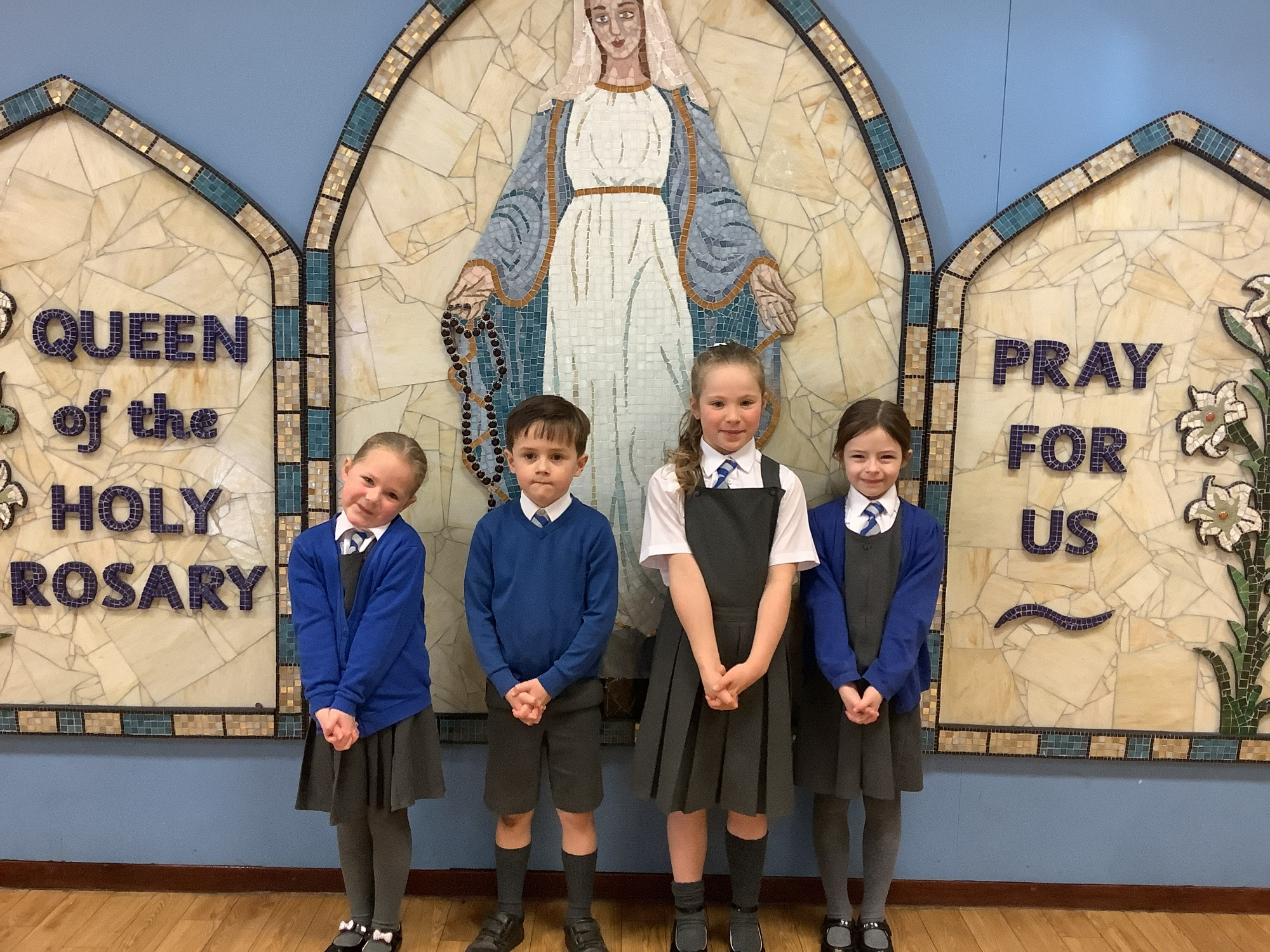
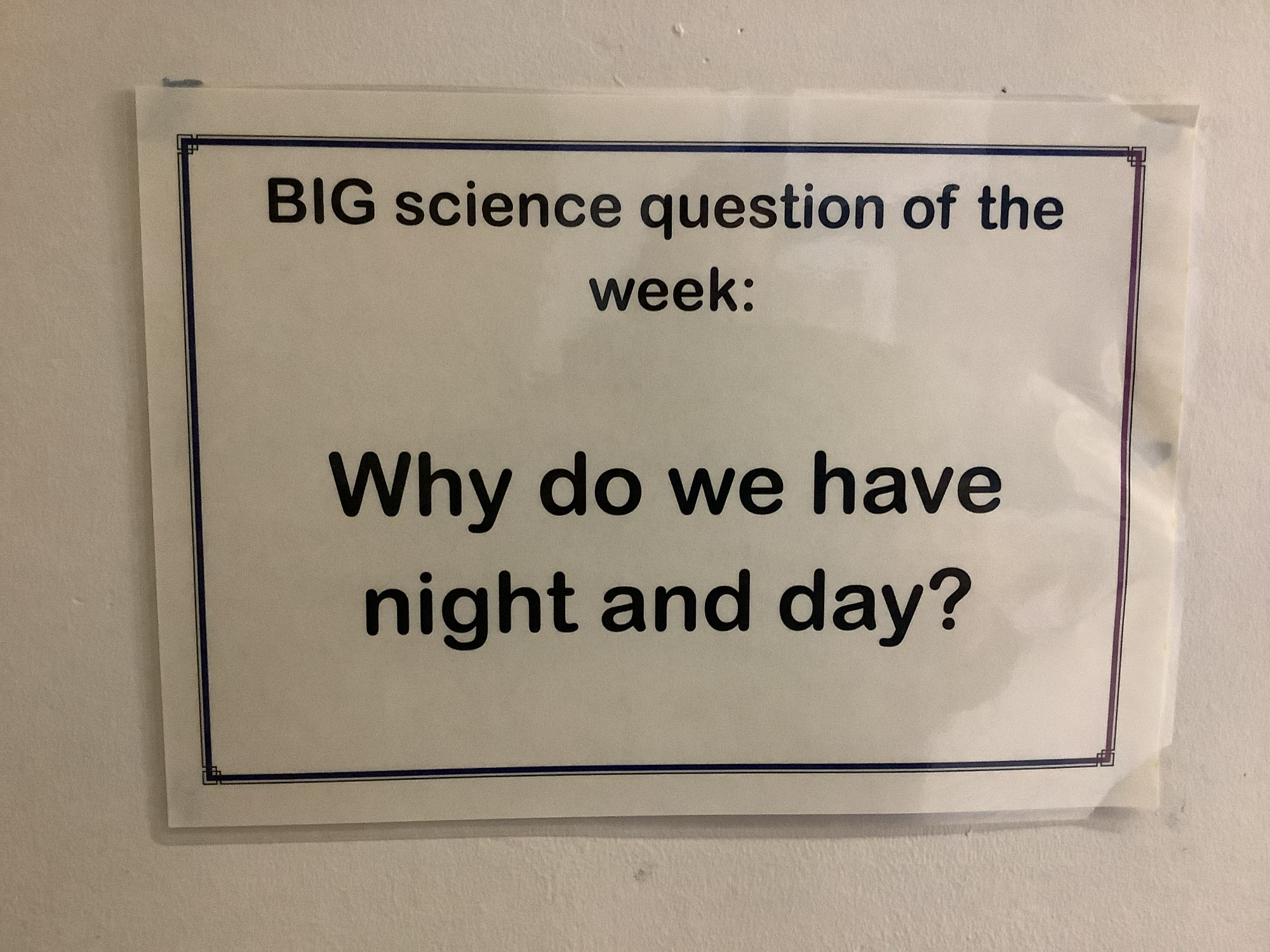
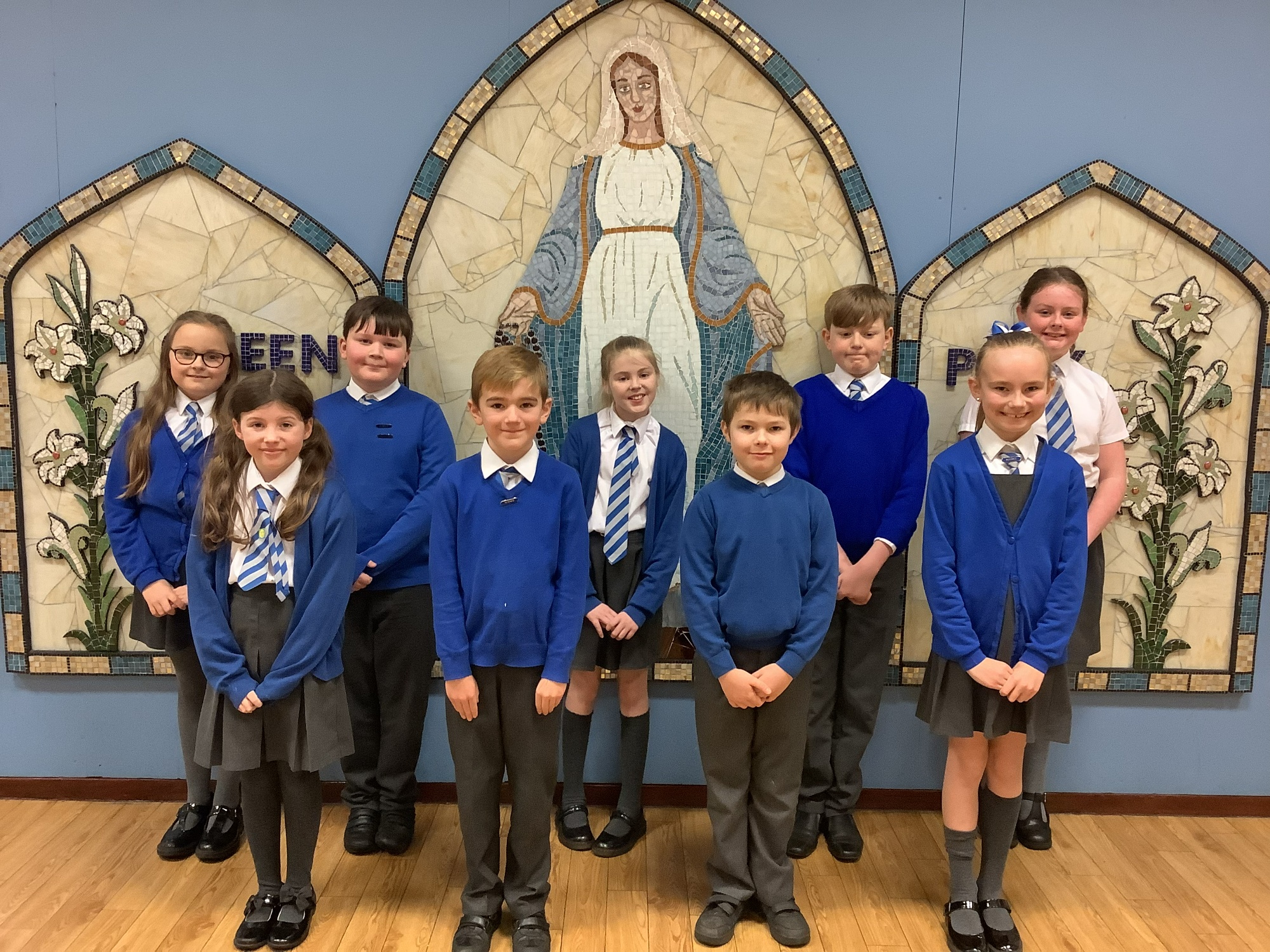
Science Fair
The annual school science fair is a much-anticipated event that showcases the creativity and curiosity of students at Holy Rosary. This event provides a platform for students to further develop and present their learning from class to a wider audience. Children eagerly explore a range of scientific topics, from biology and chemistry to physics, demonstrating their understanding through hands-on experiments and engaging presentations. The science fair not only promotes scientific knowledge but also the essential working scientifically skills. It encourages collaboration, as students exchange ideas and inspire one another choosing to work independently or as part of a group. The children love to showcase their presentations to teachers and peers and there is a real buzz throughout the school during this week!
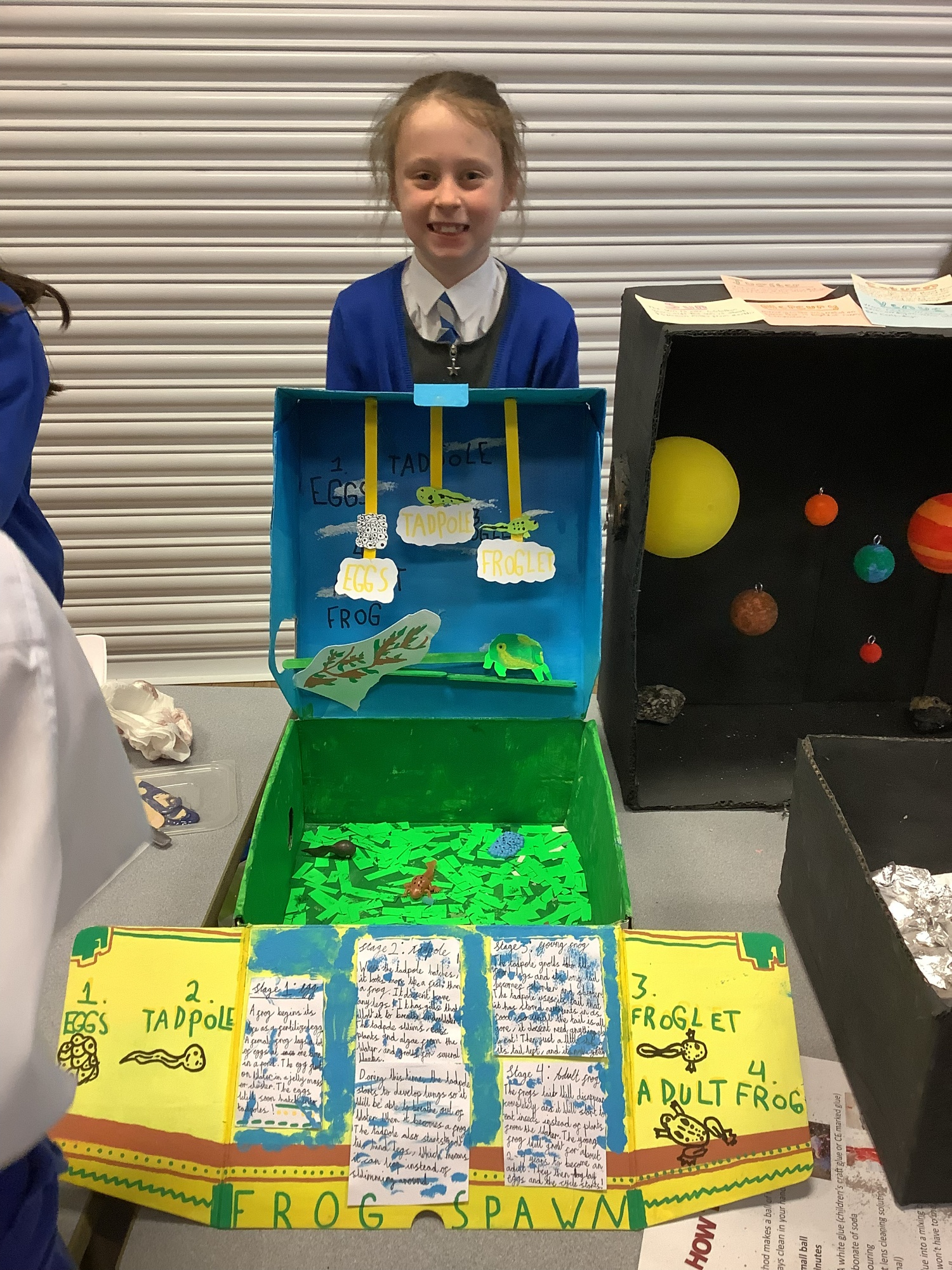
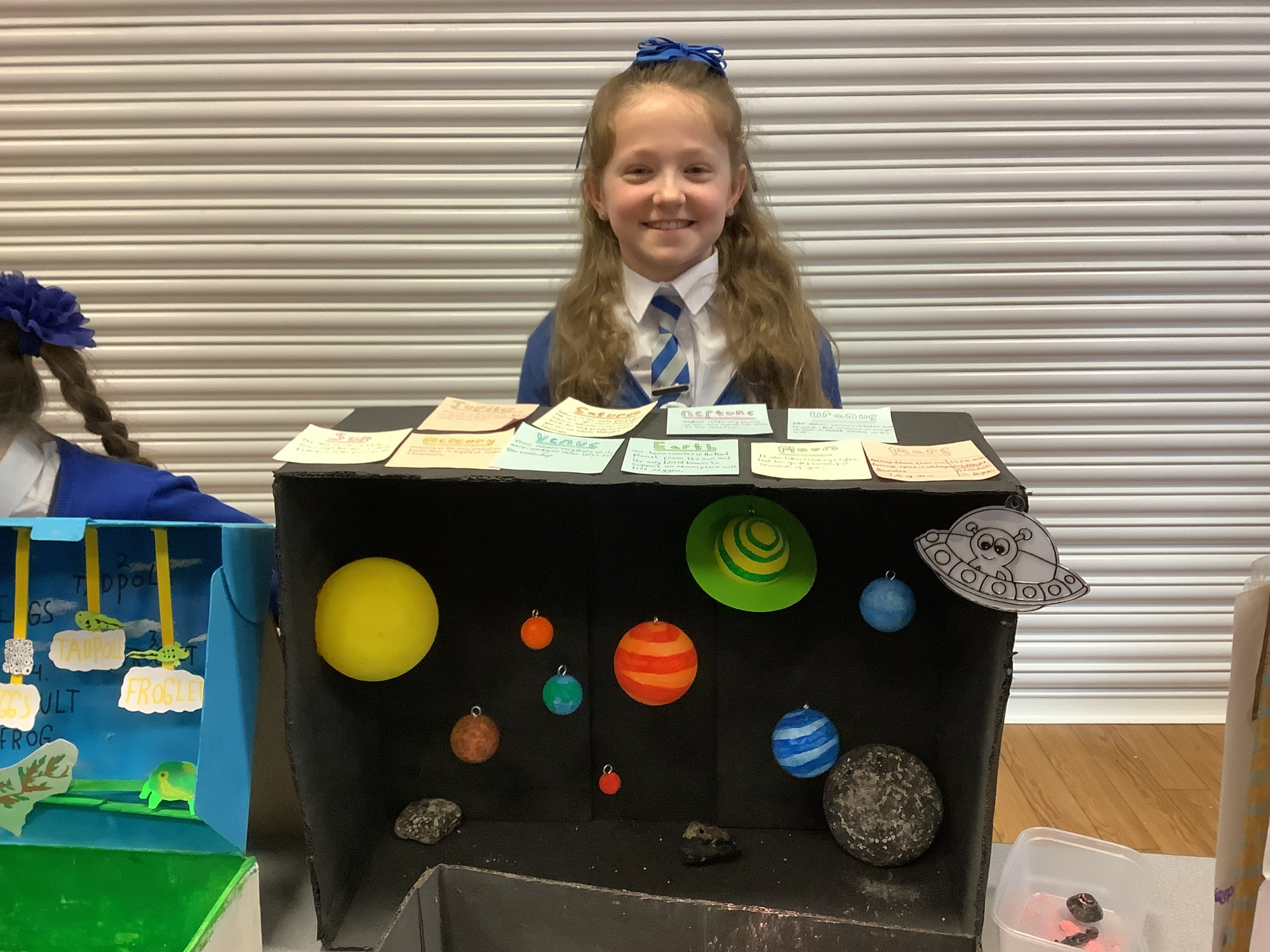
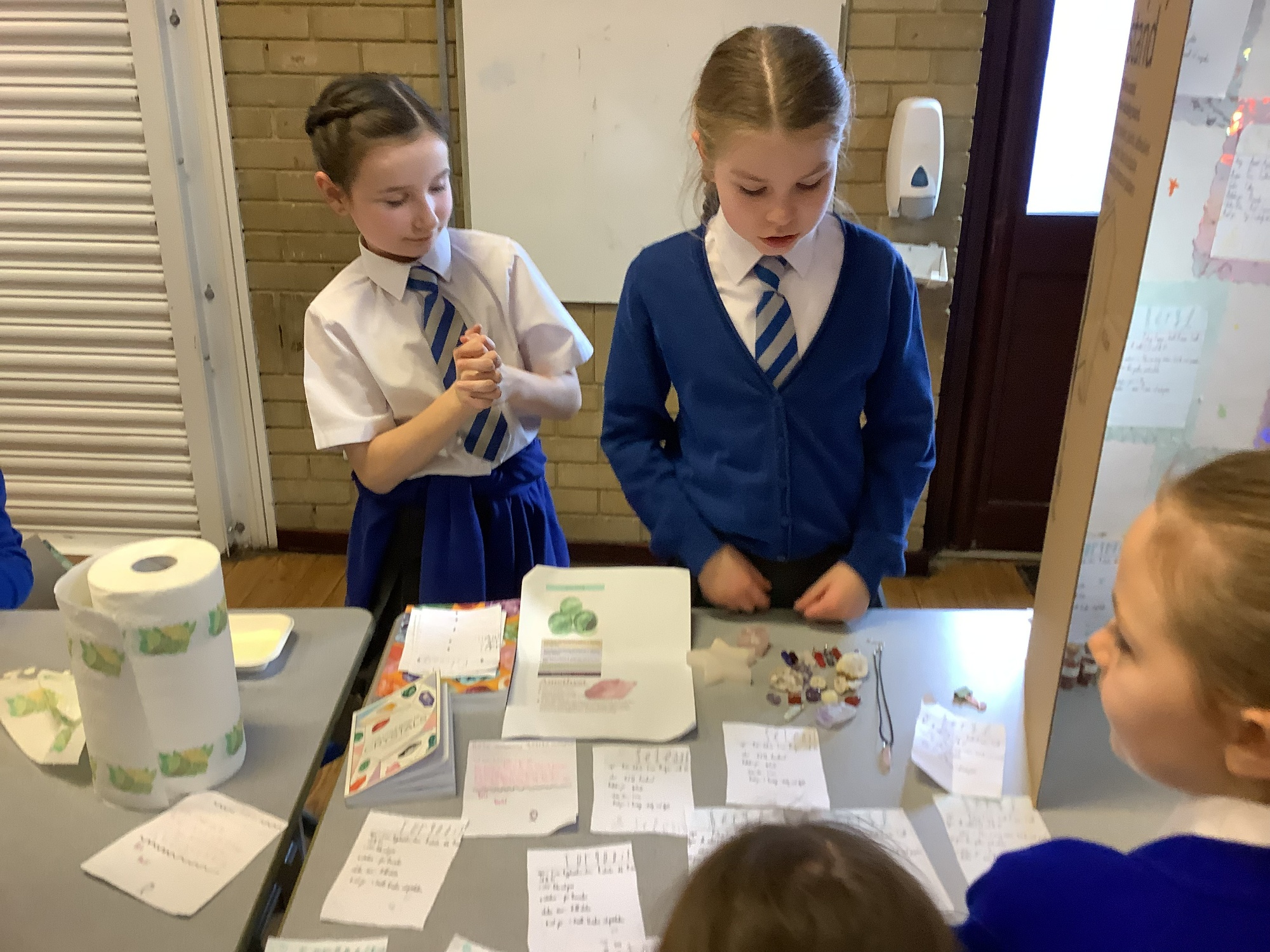
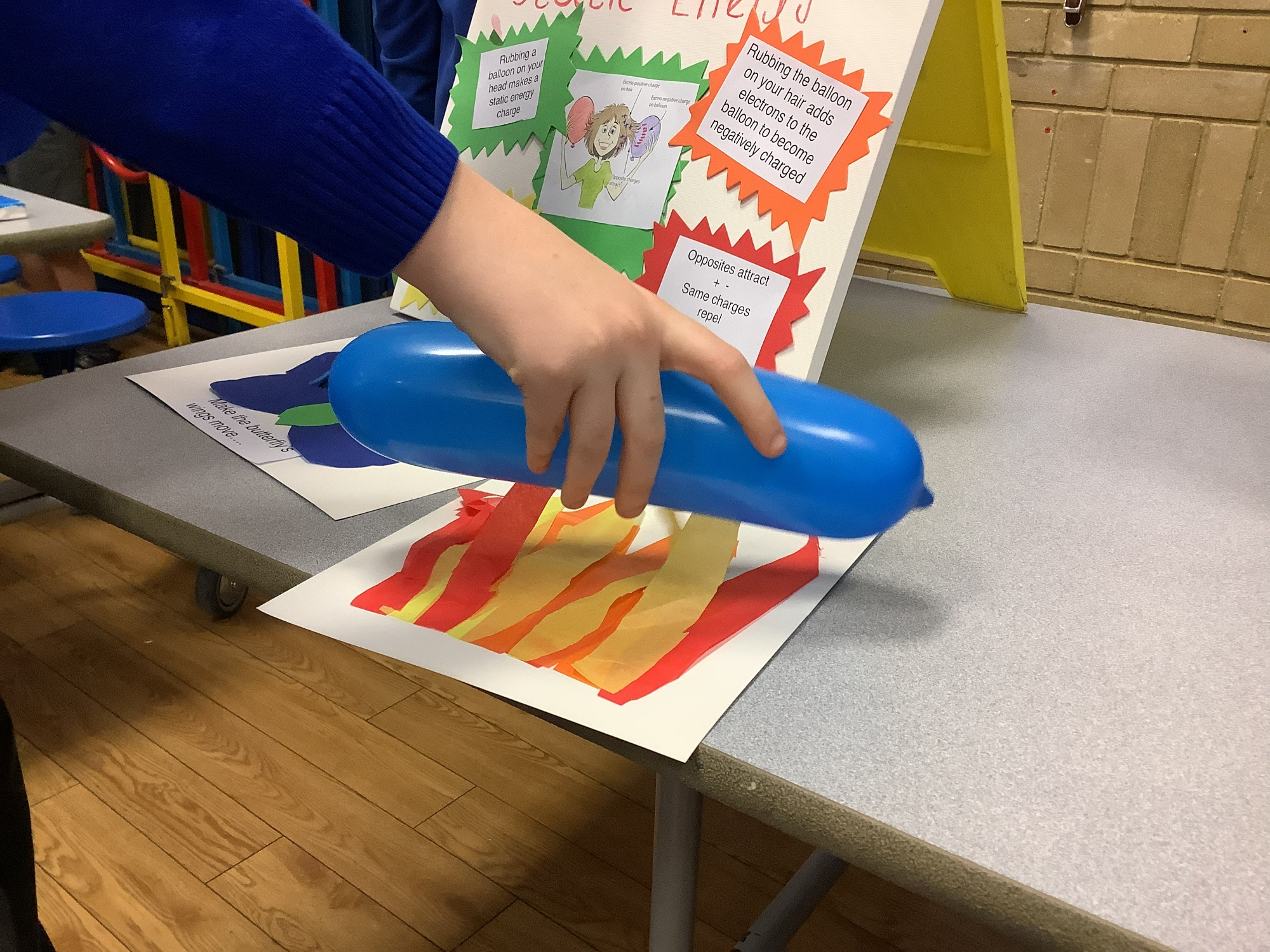
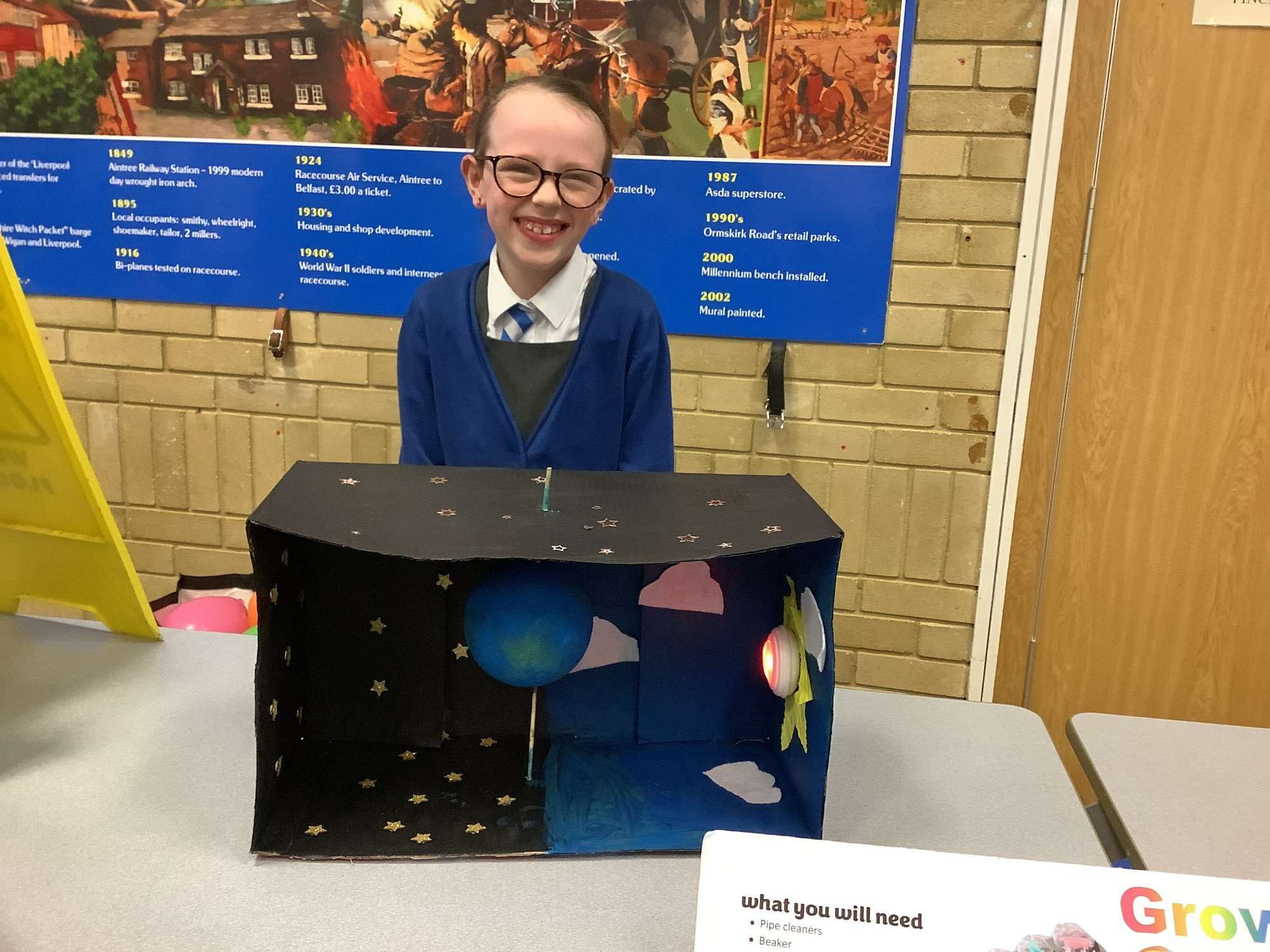
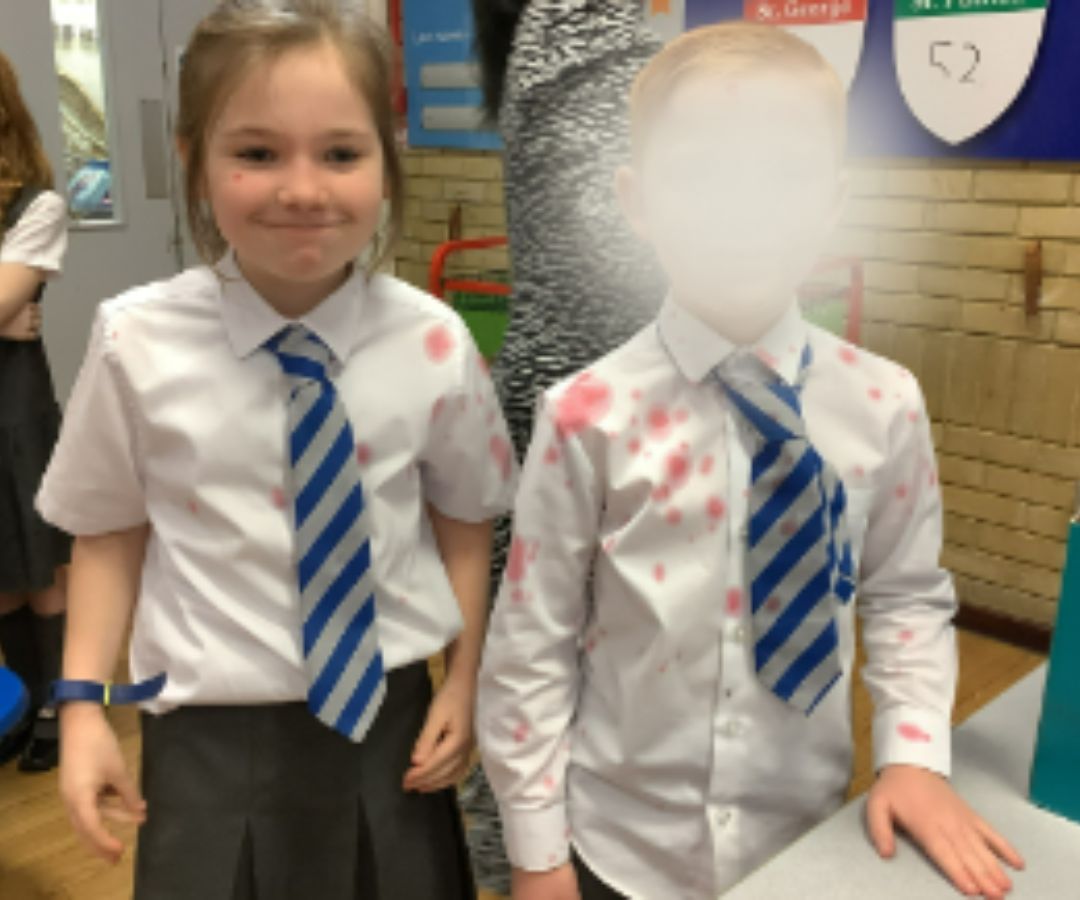
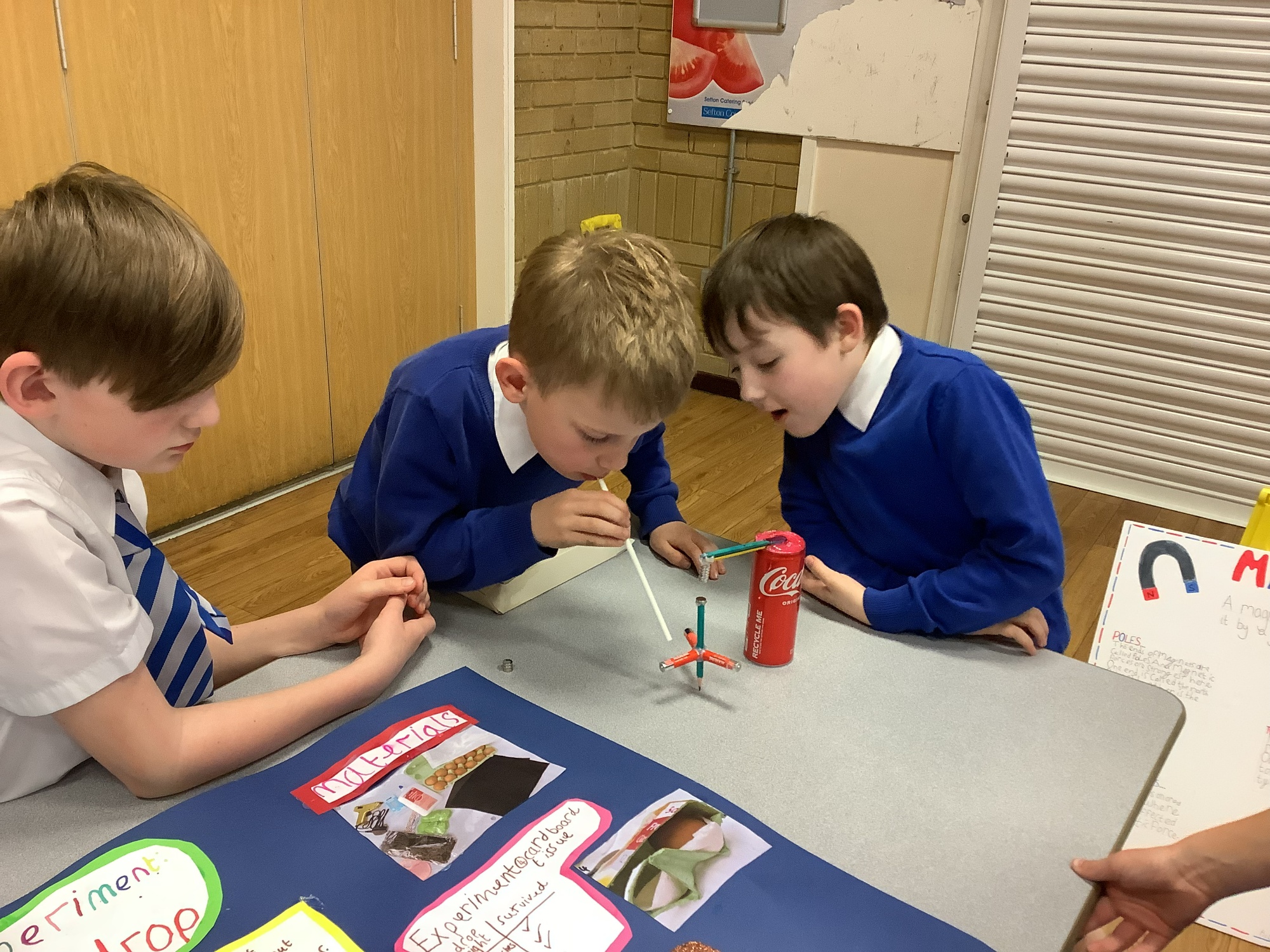
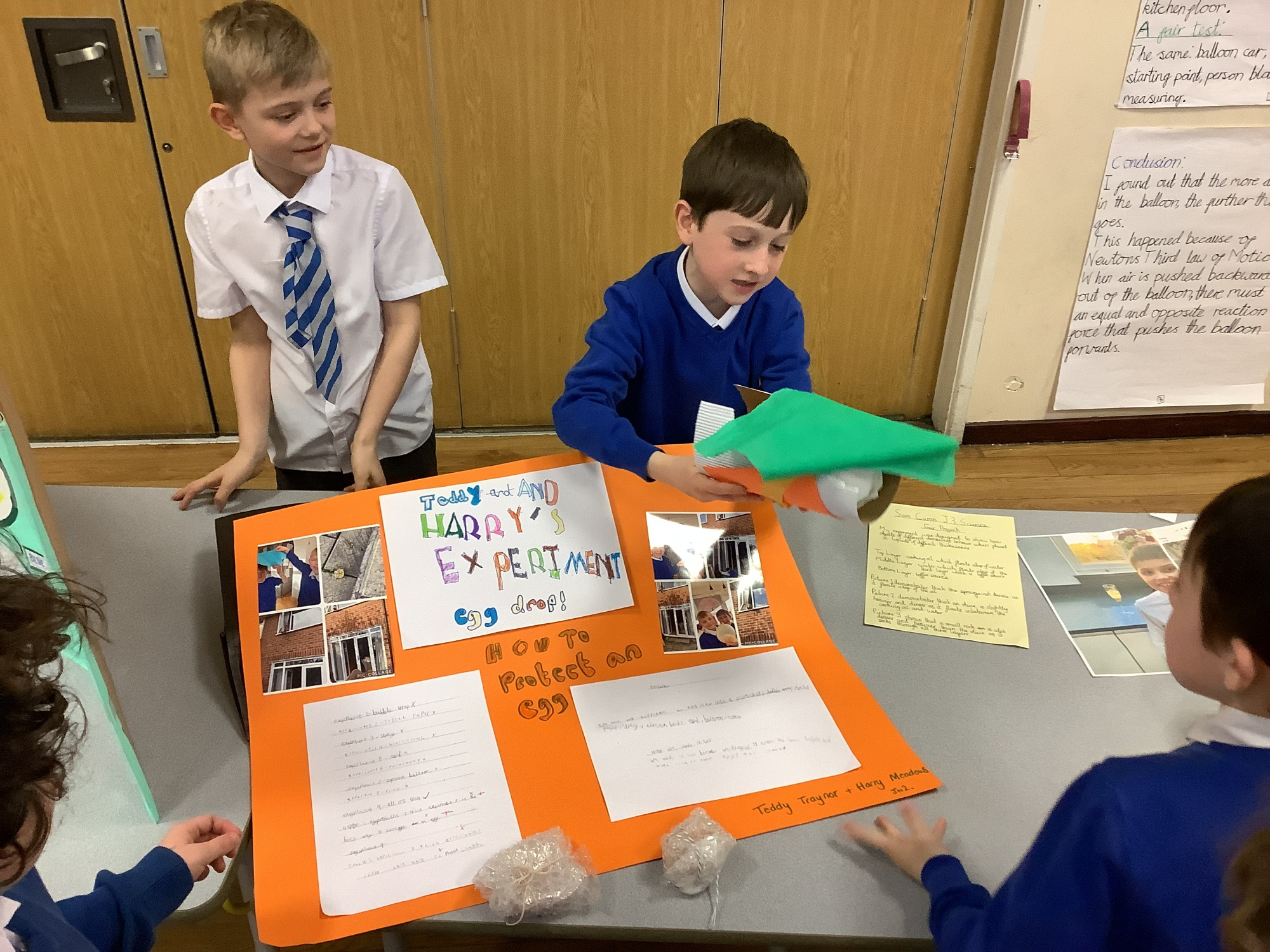
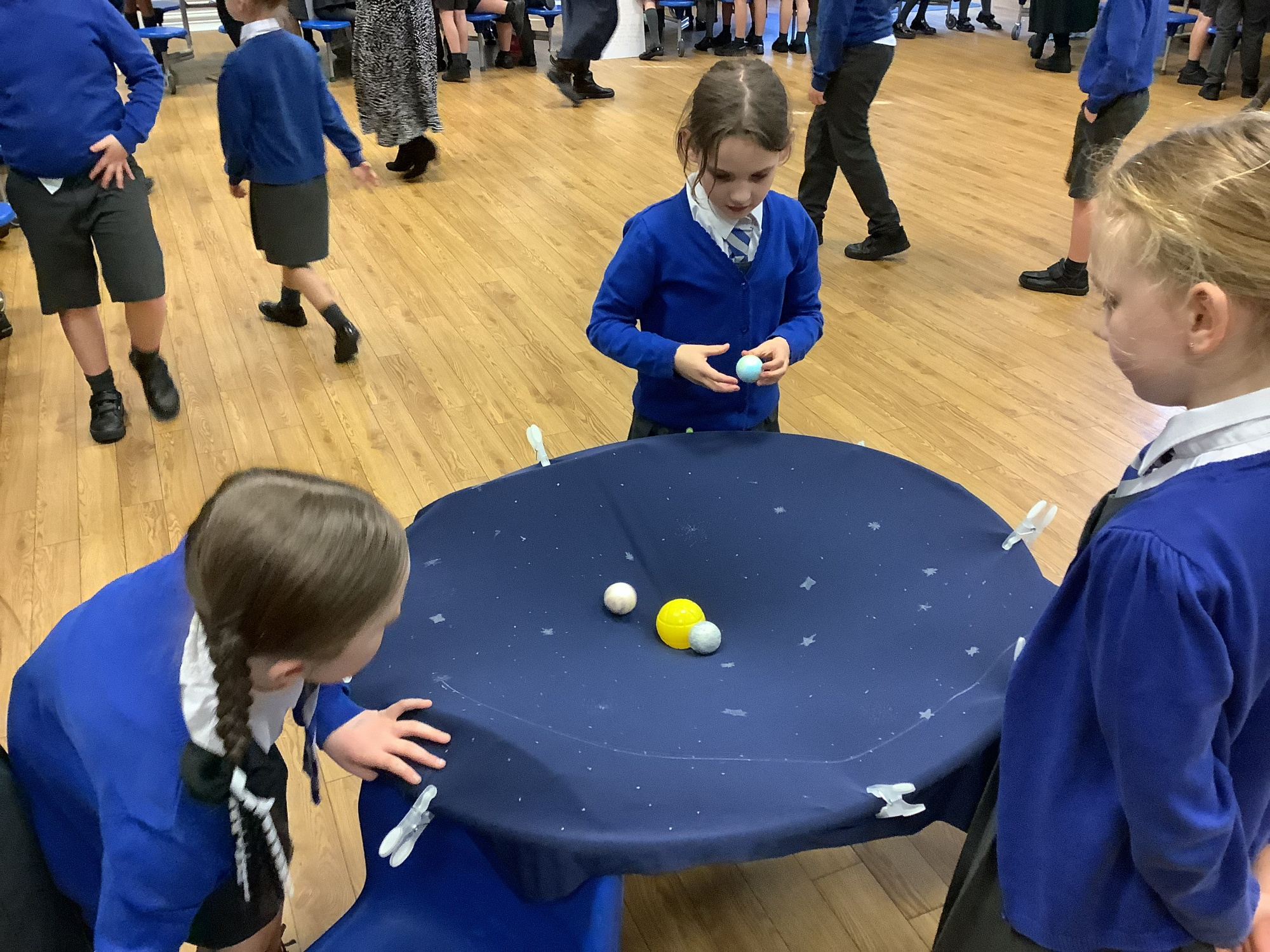
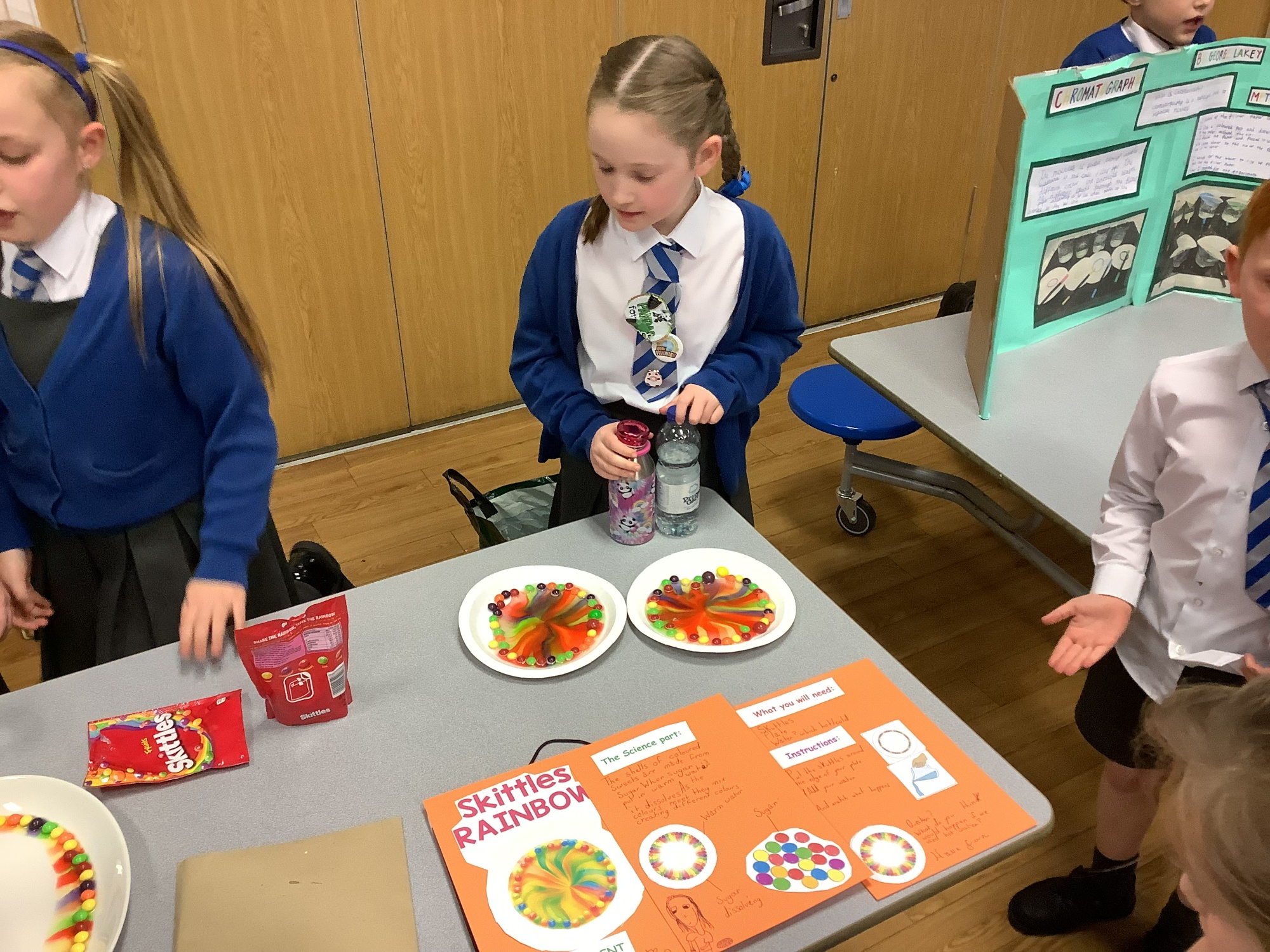
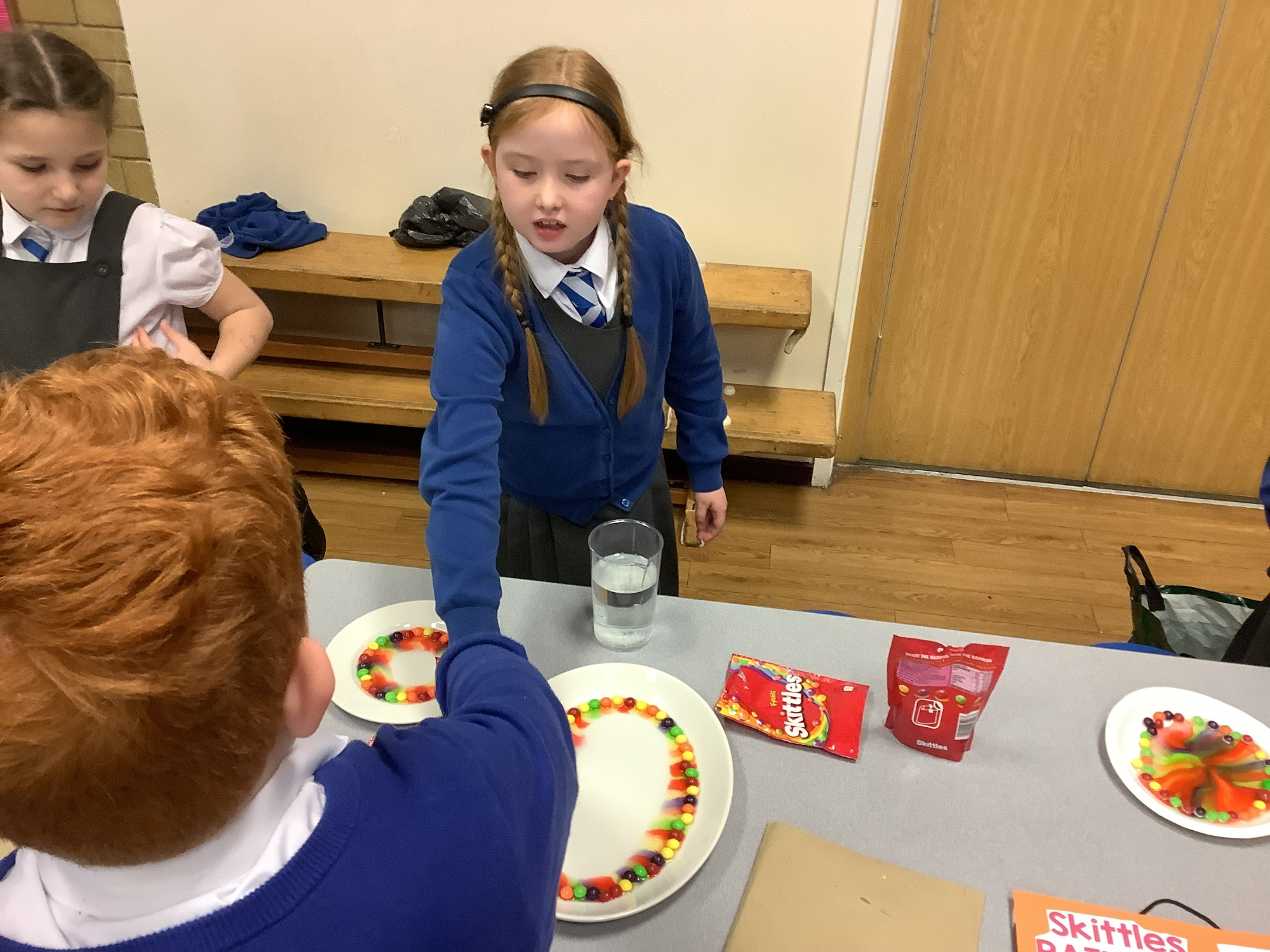
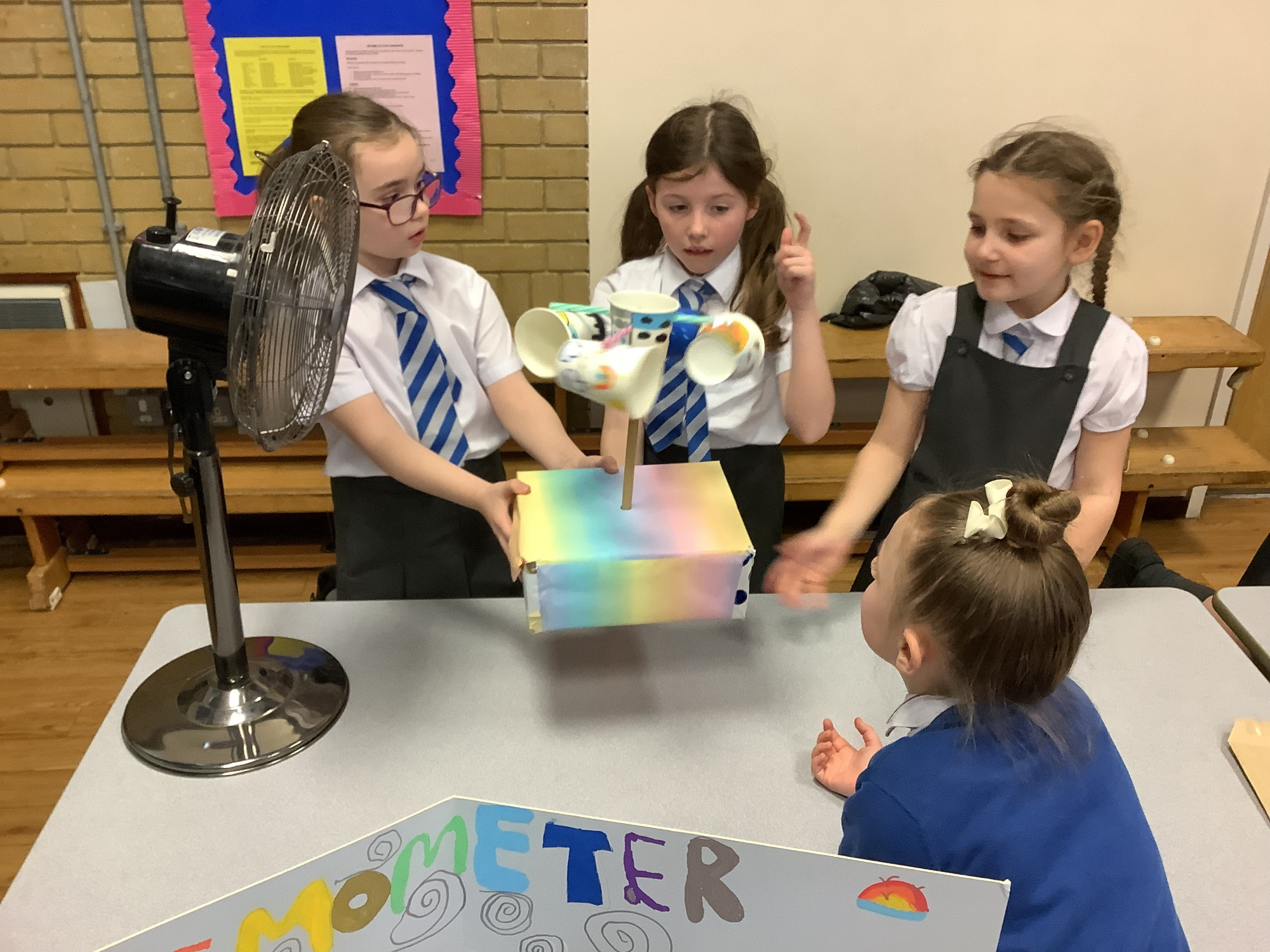
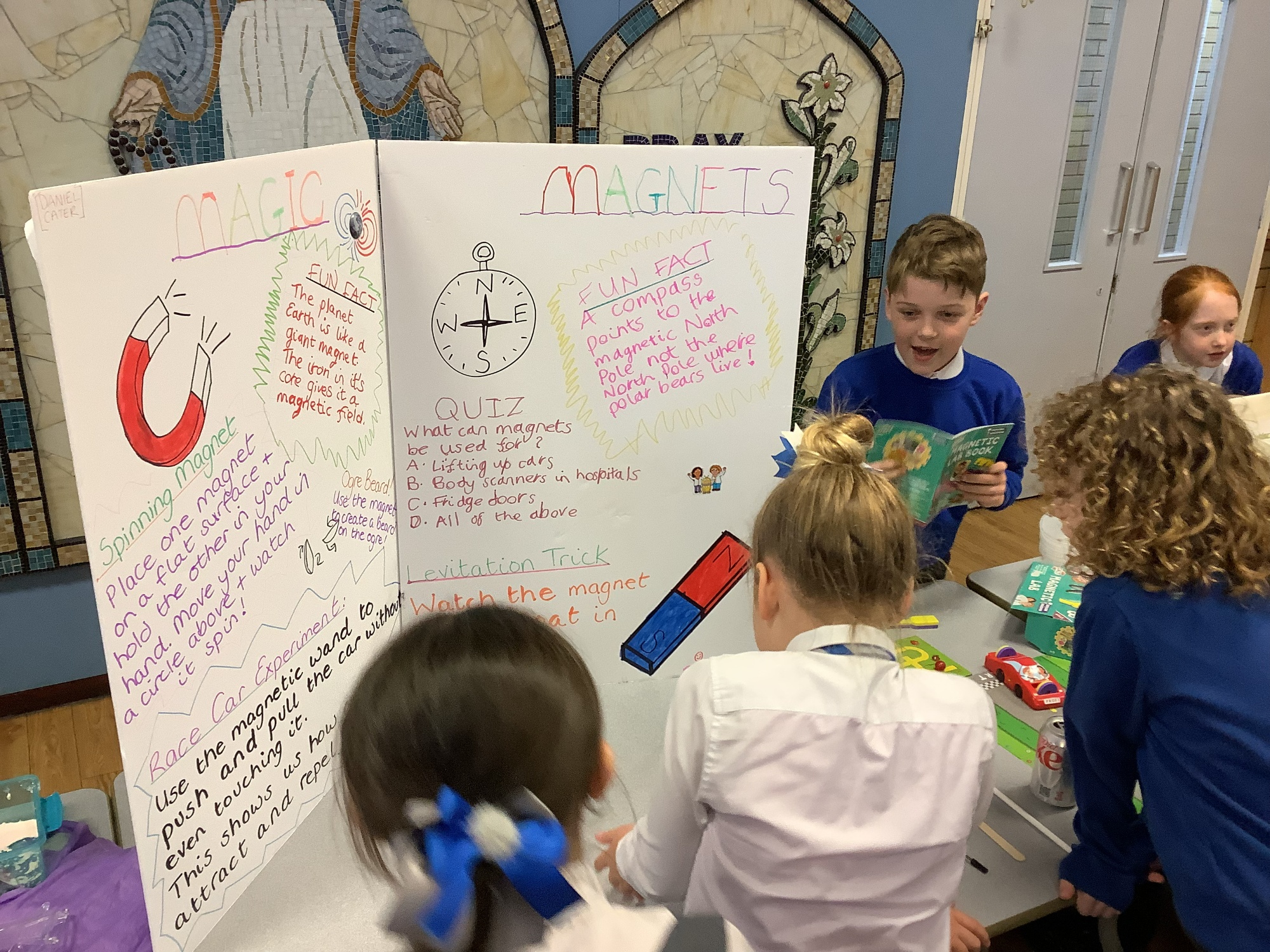
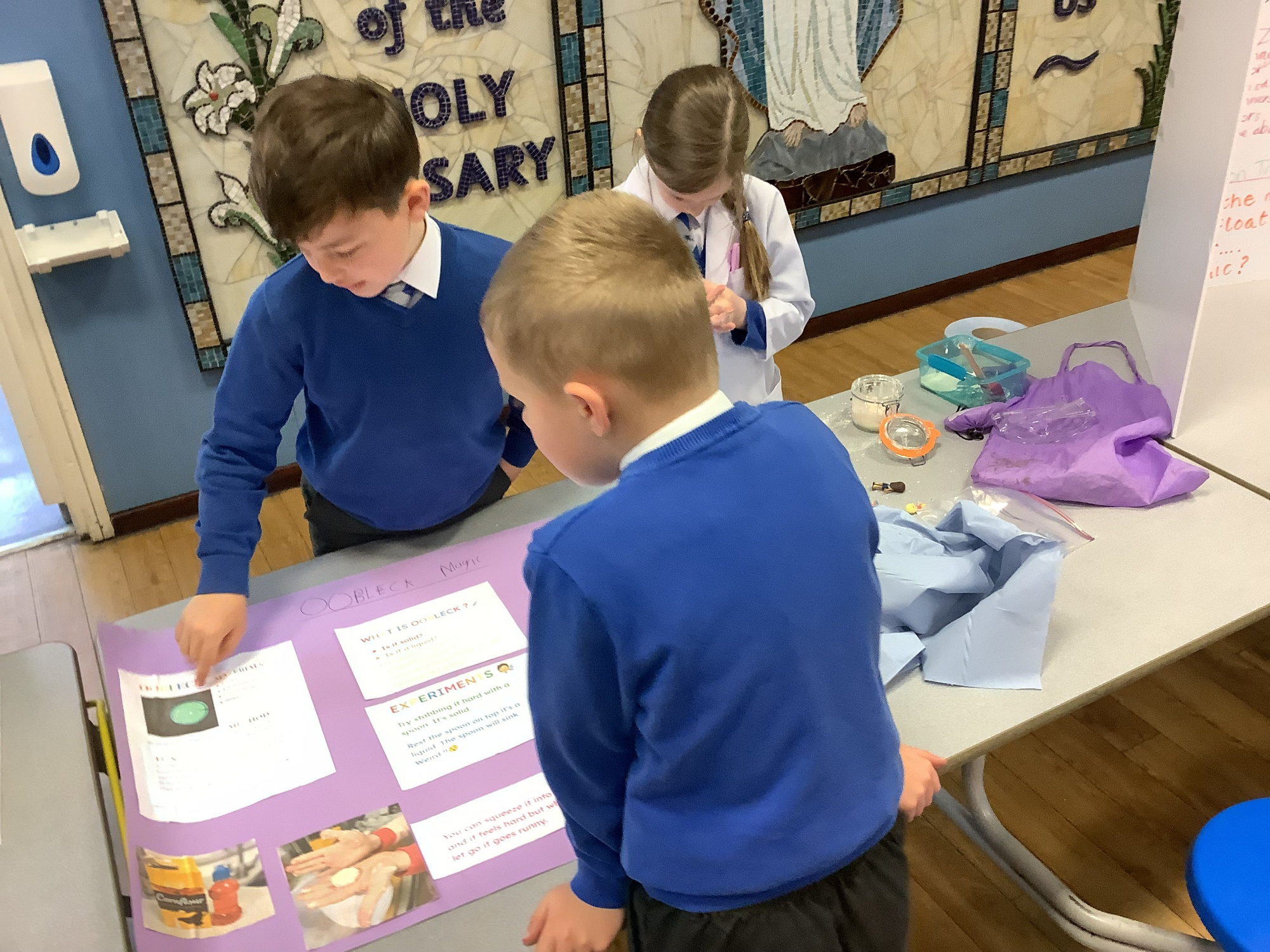
Enrichment Opportunities
Through various enrichment opportunities, workshops, and hands-on activities, we aim to ignite a passion for exploration and discovery in science amongst our students. These enrichment opportunities not only complement the National Curriculum but also encourage students to develop a lifelong love for the wonders of science. At Holy Rosary, we believe that providing these additional avenues for scientific exploration empowers our students to excel academically and cultivates a deep appreciation for the world around them.
Travelling Science Show
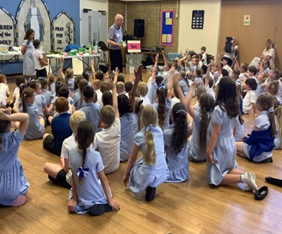
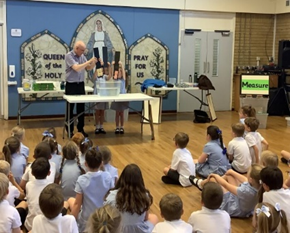
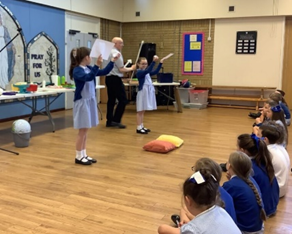
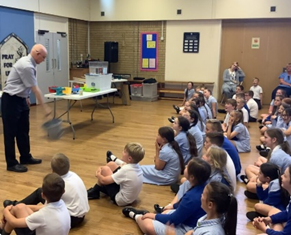
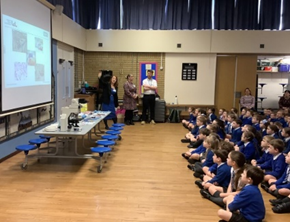
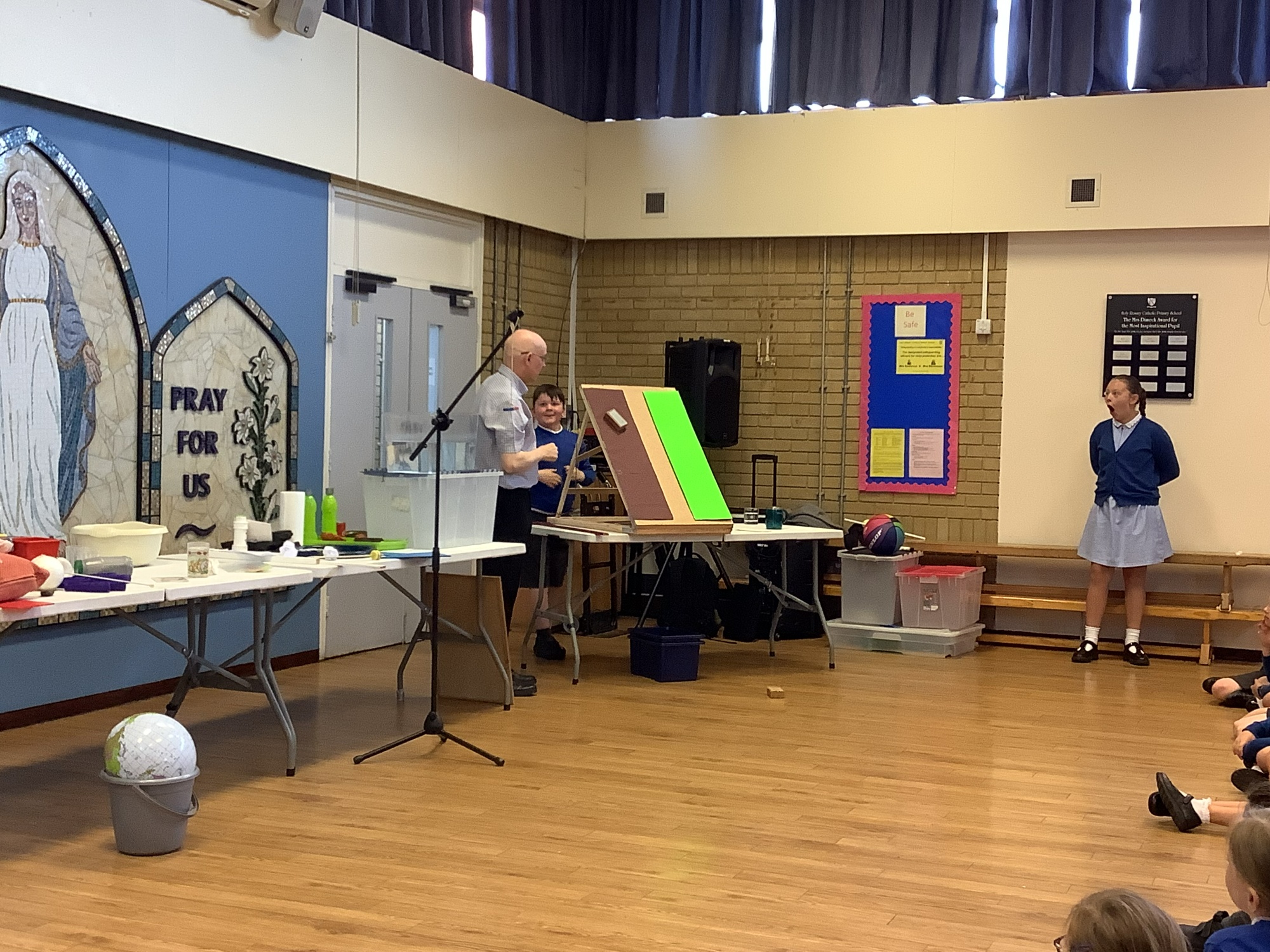
Royal Hospital Biomedical Science Visit
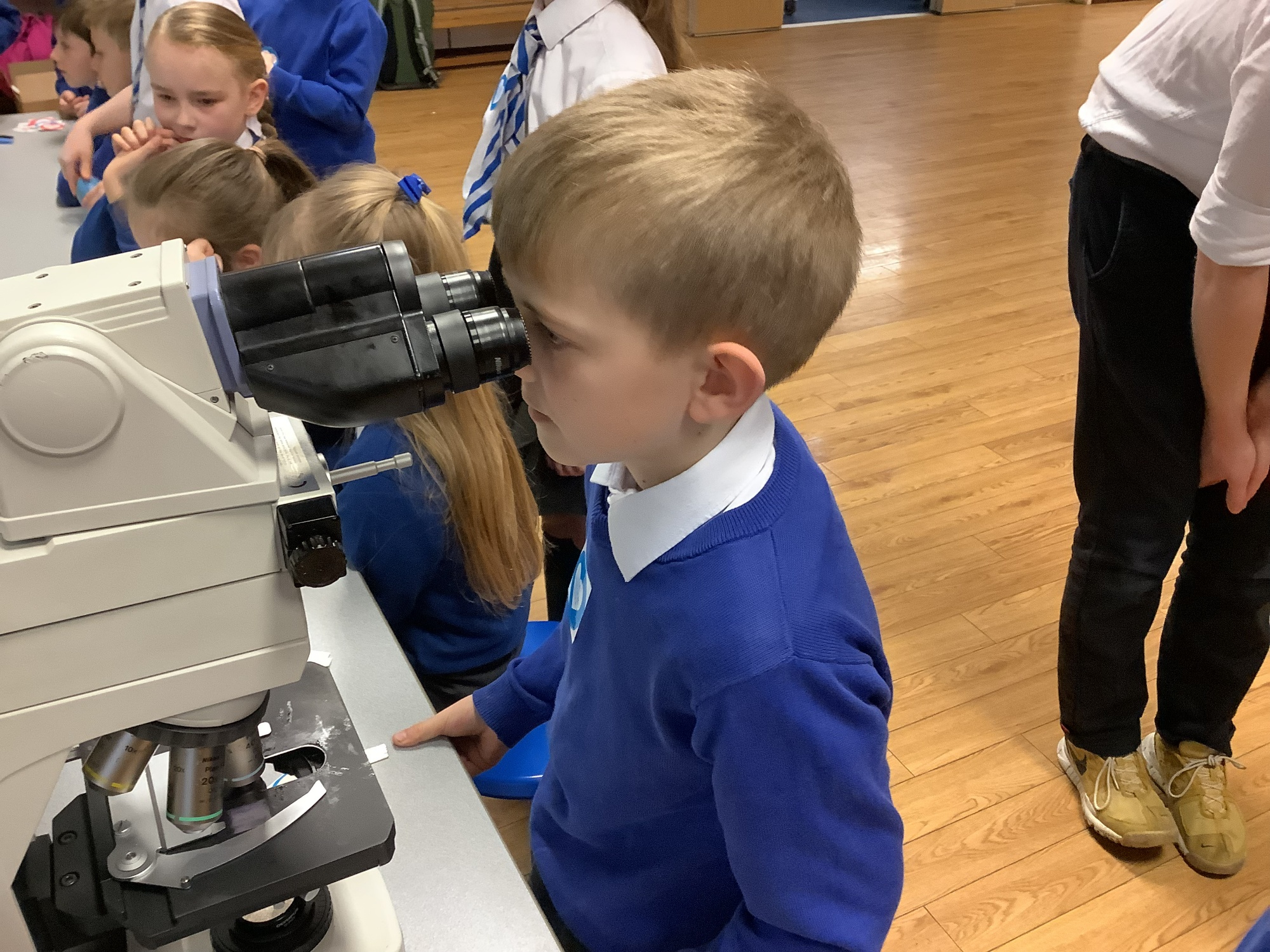
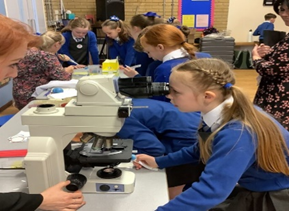
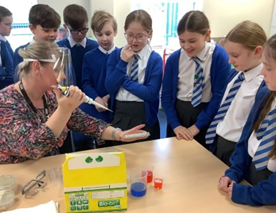
Visit to the Zoo
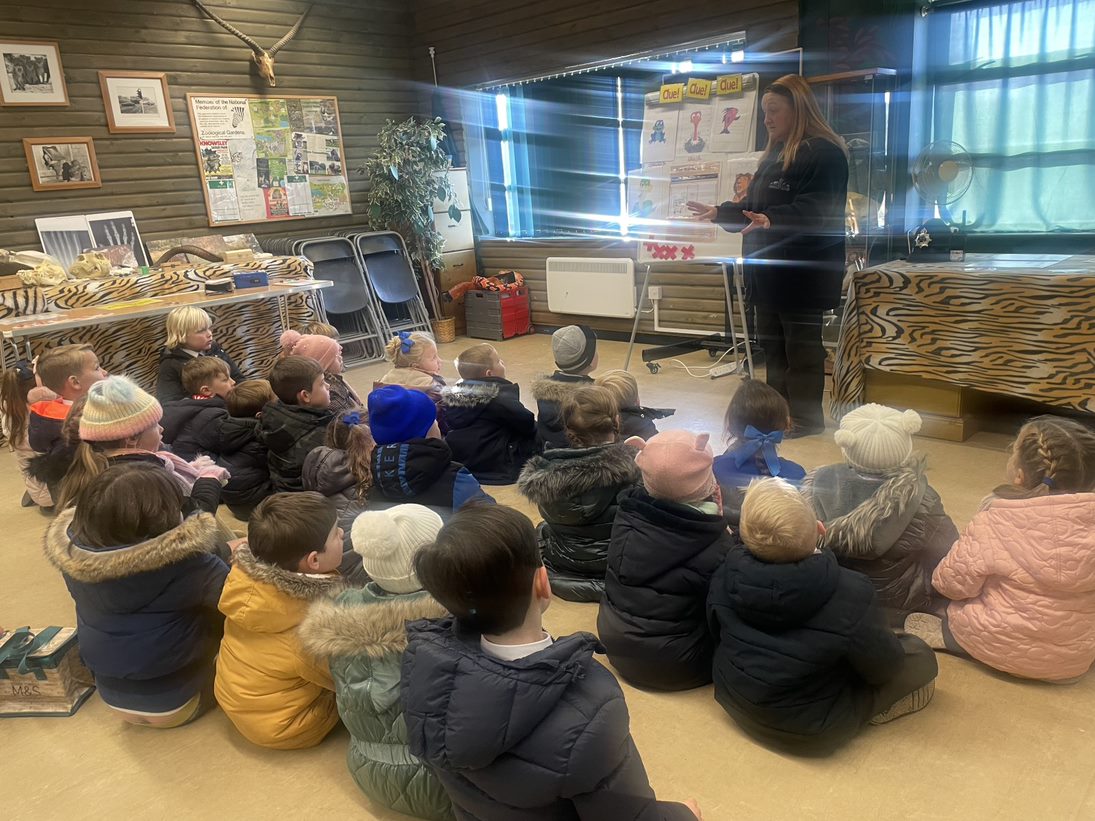
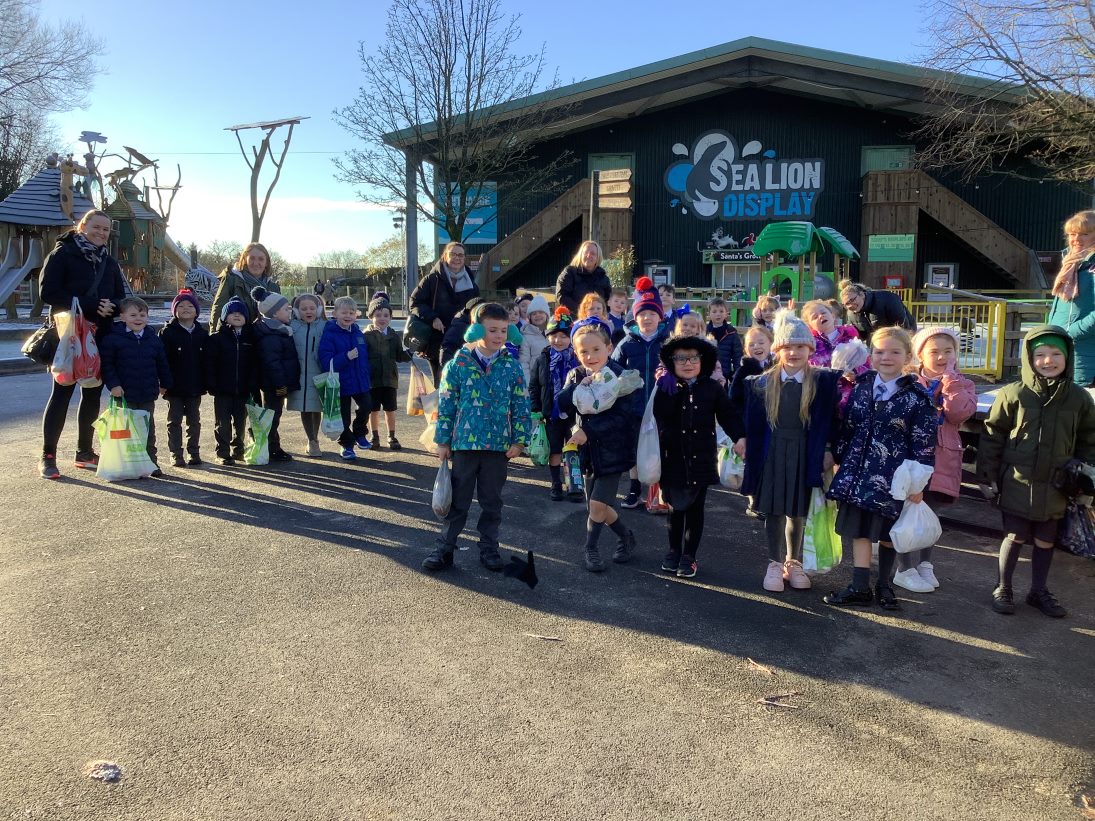
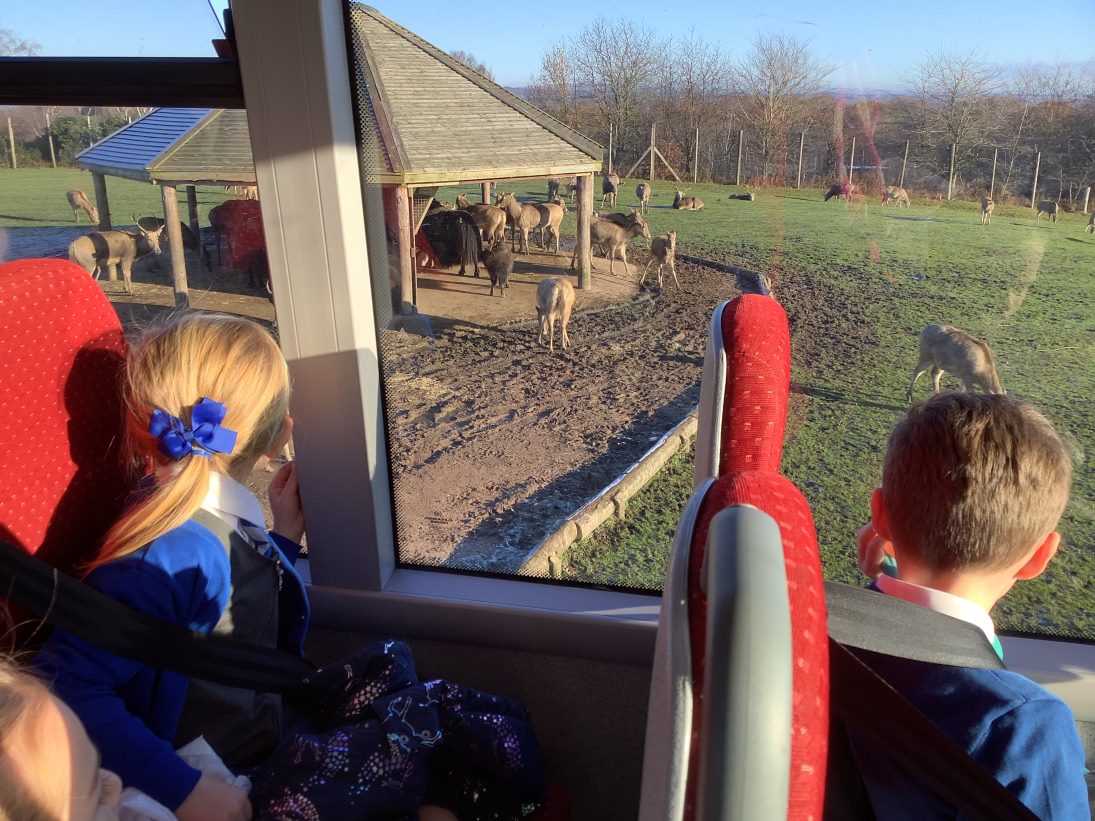
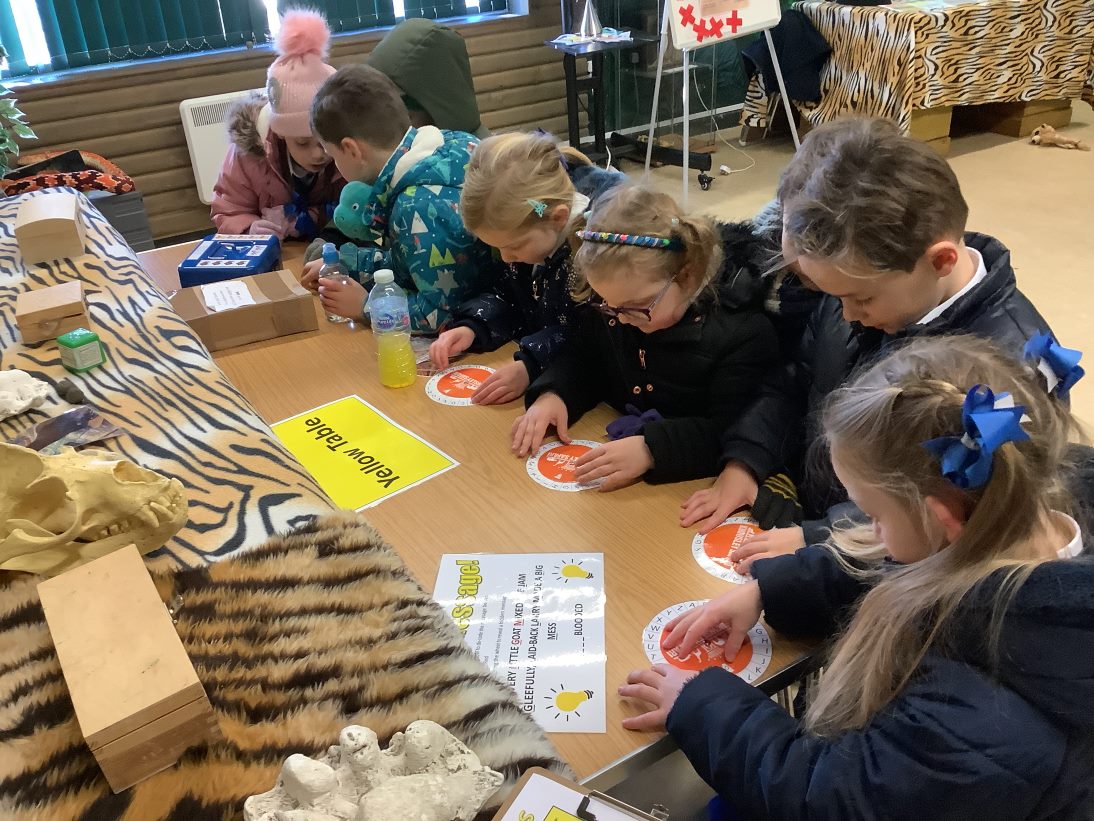
Visit from the Bird Man
